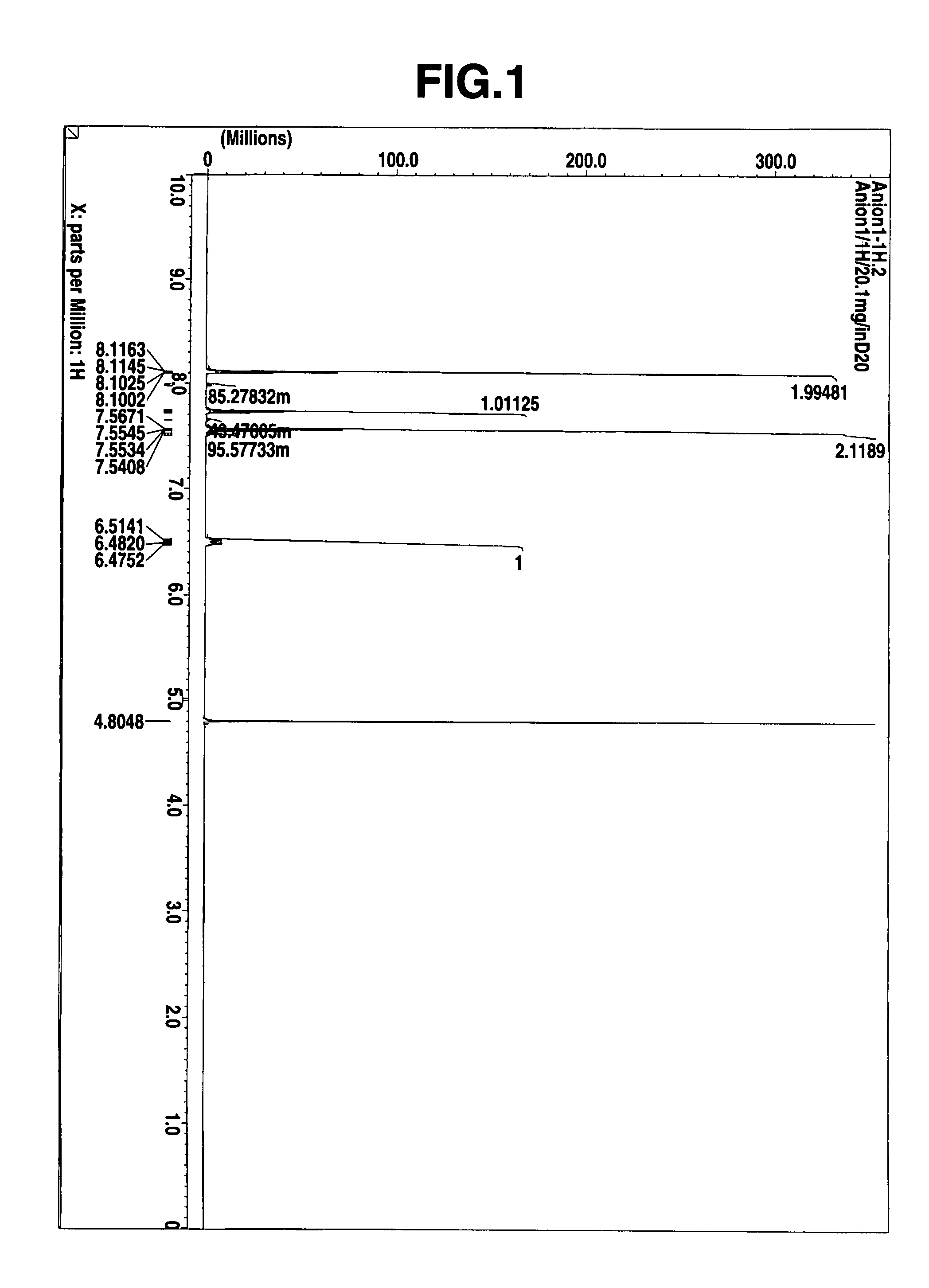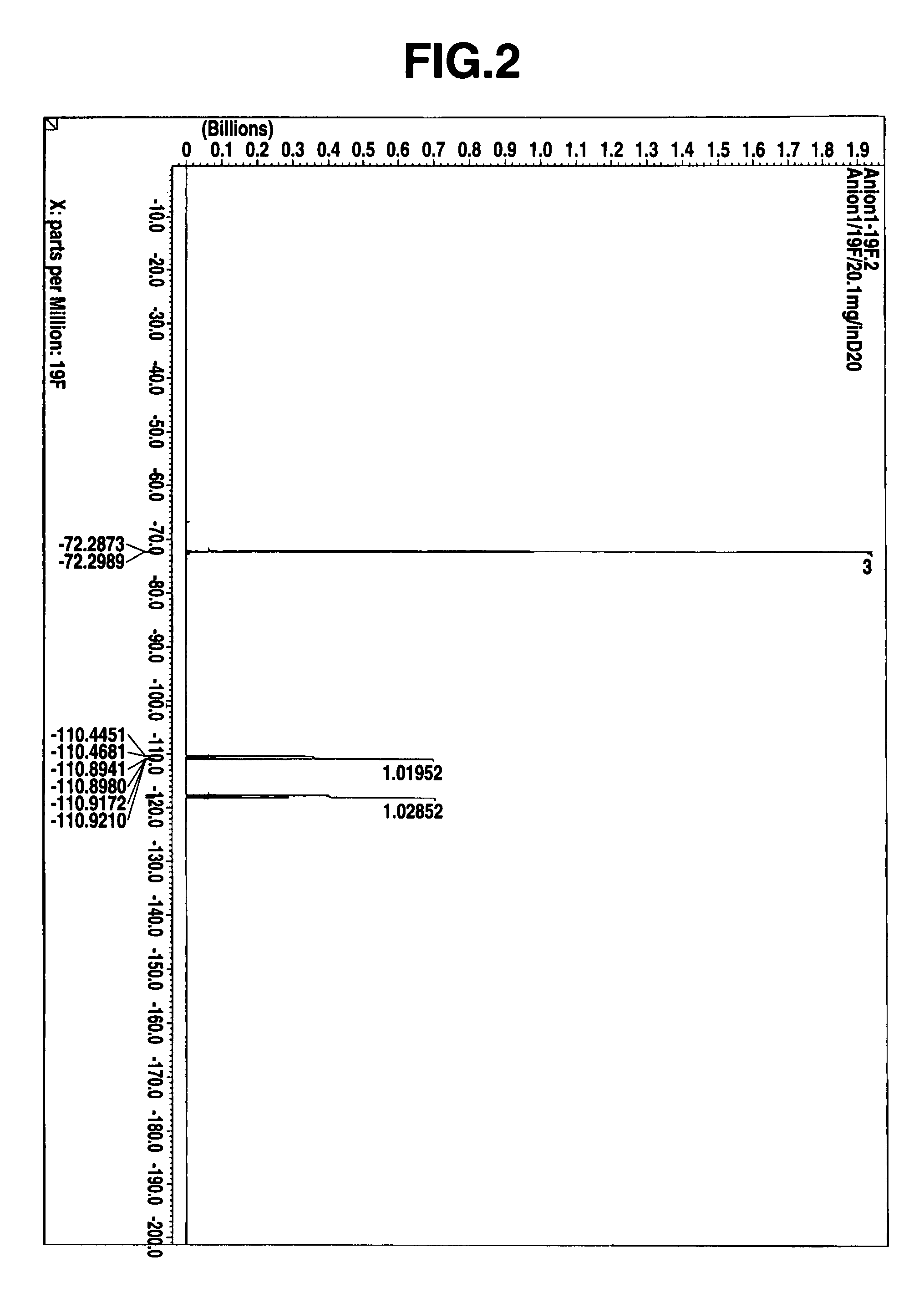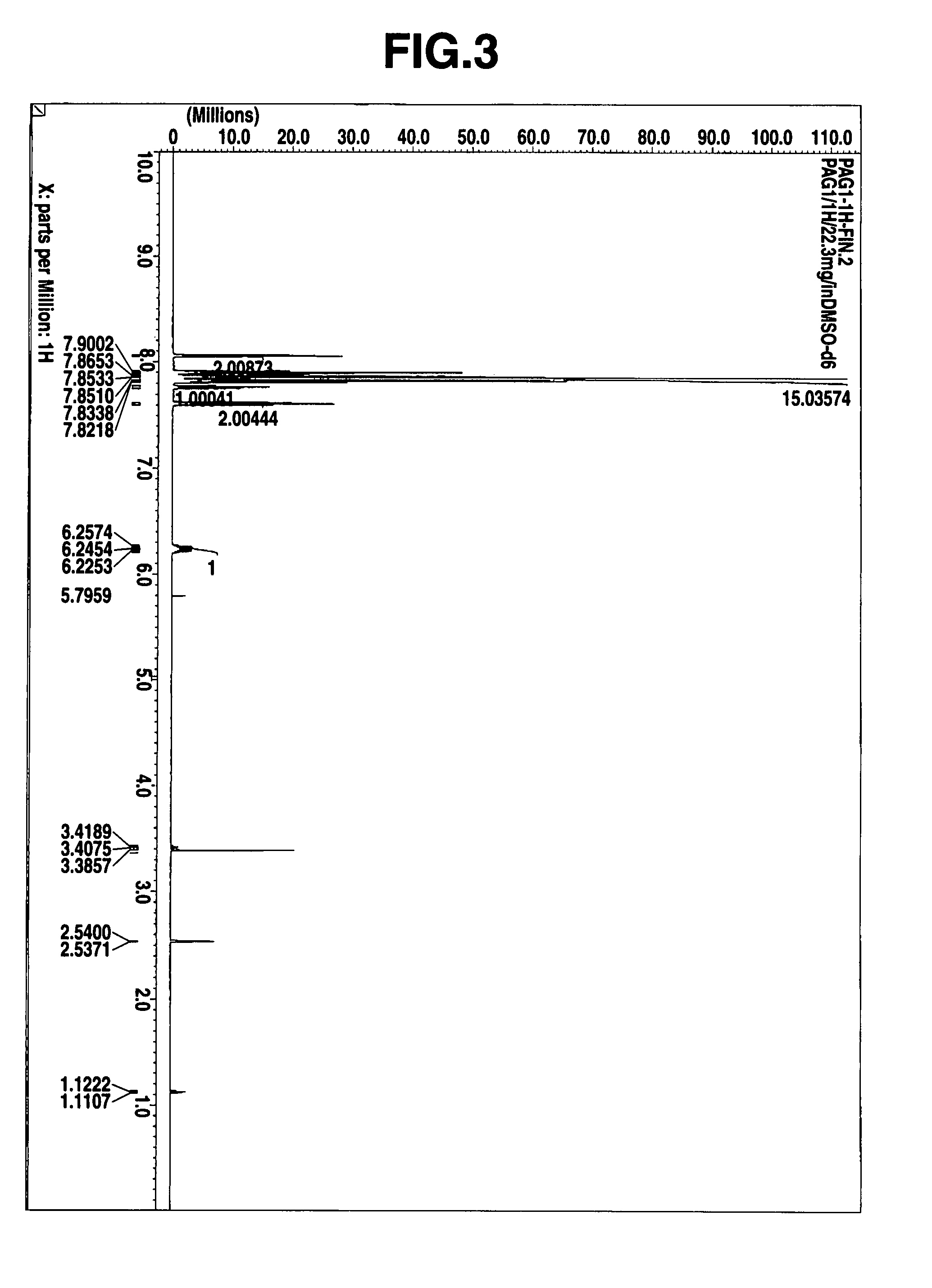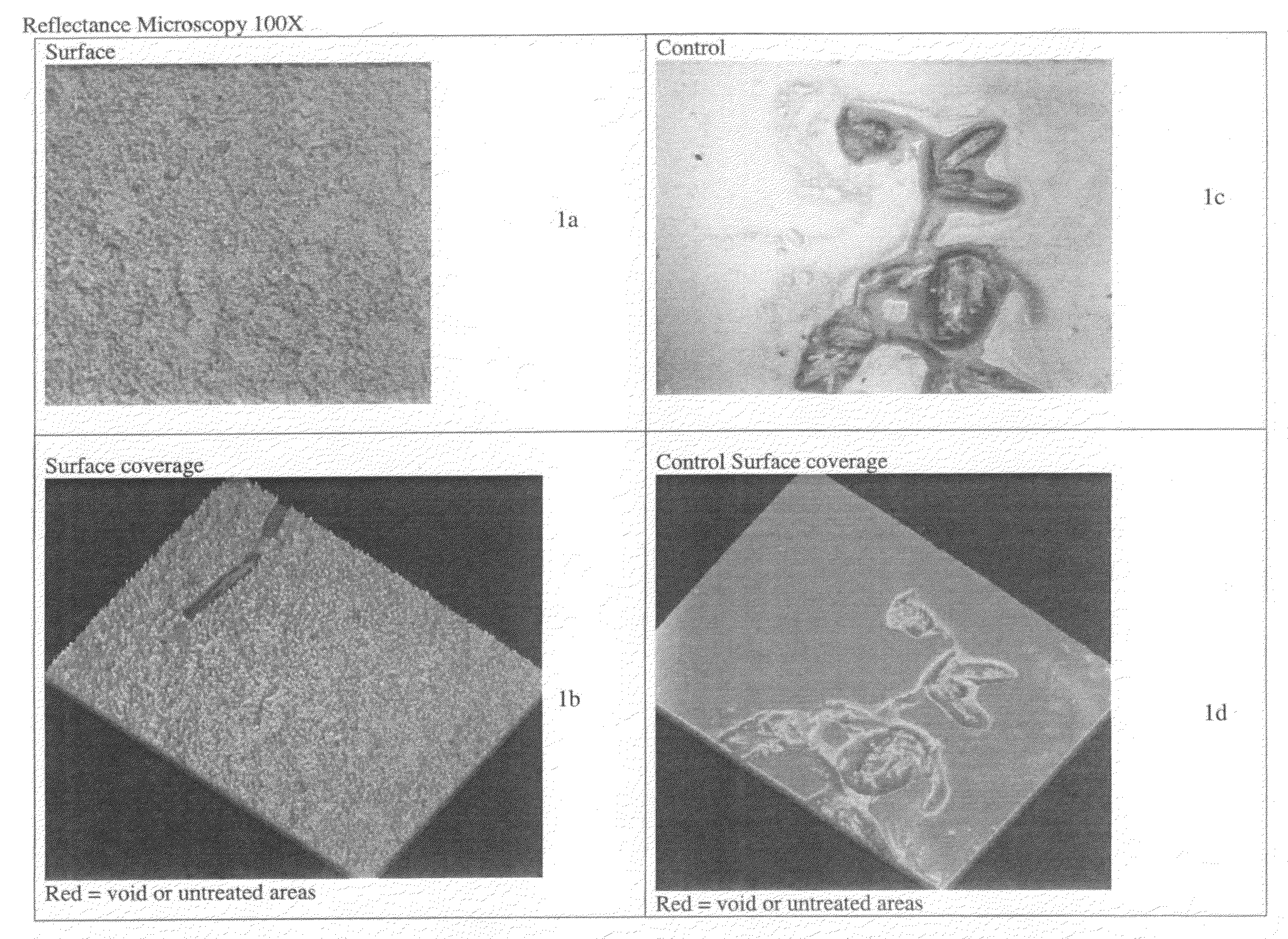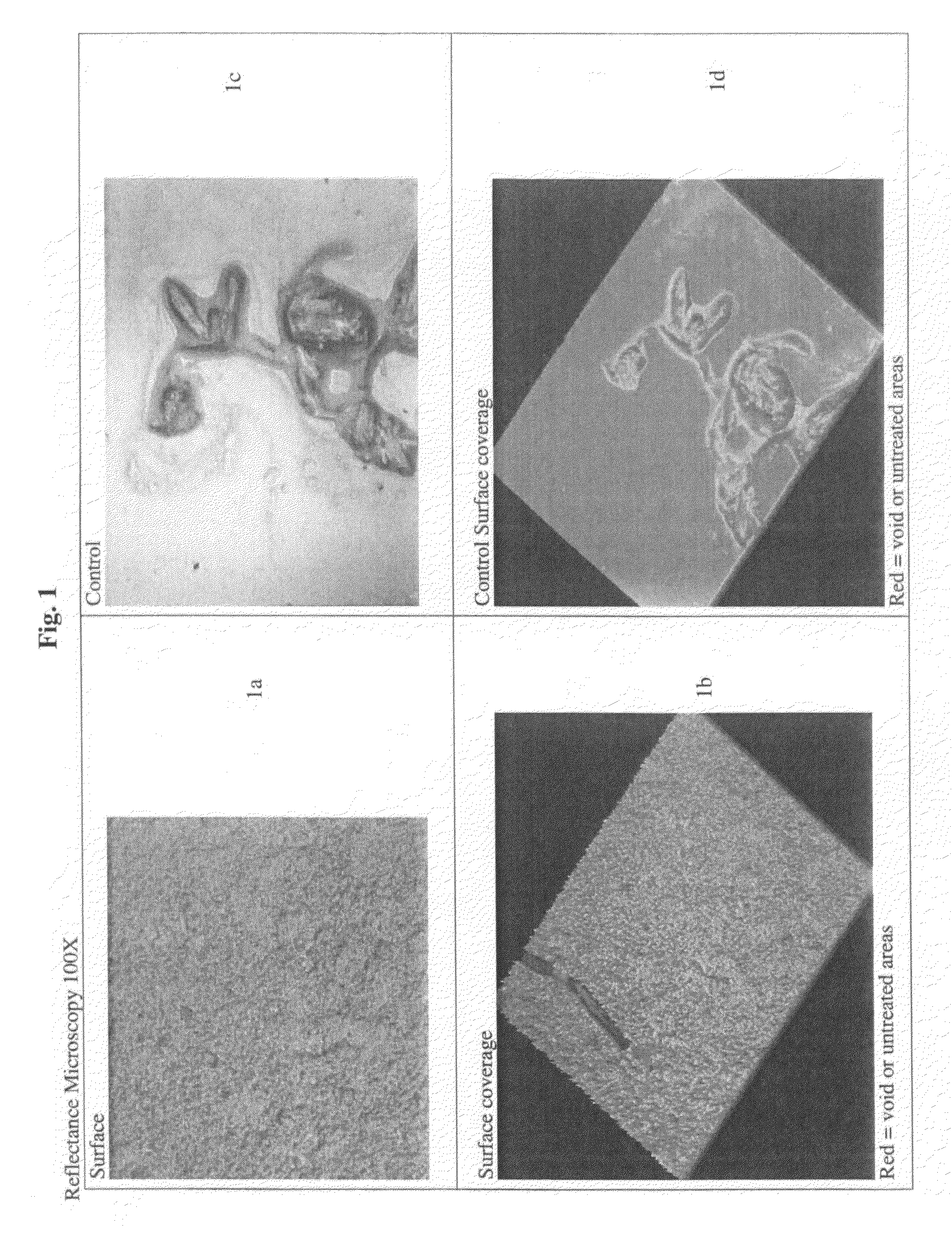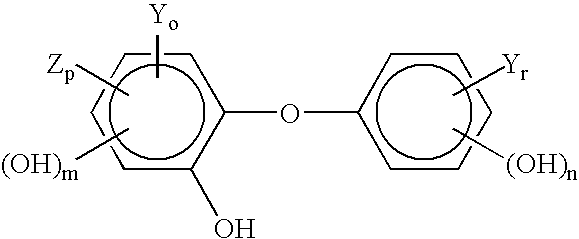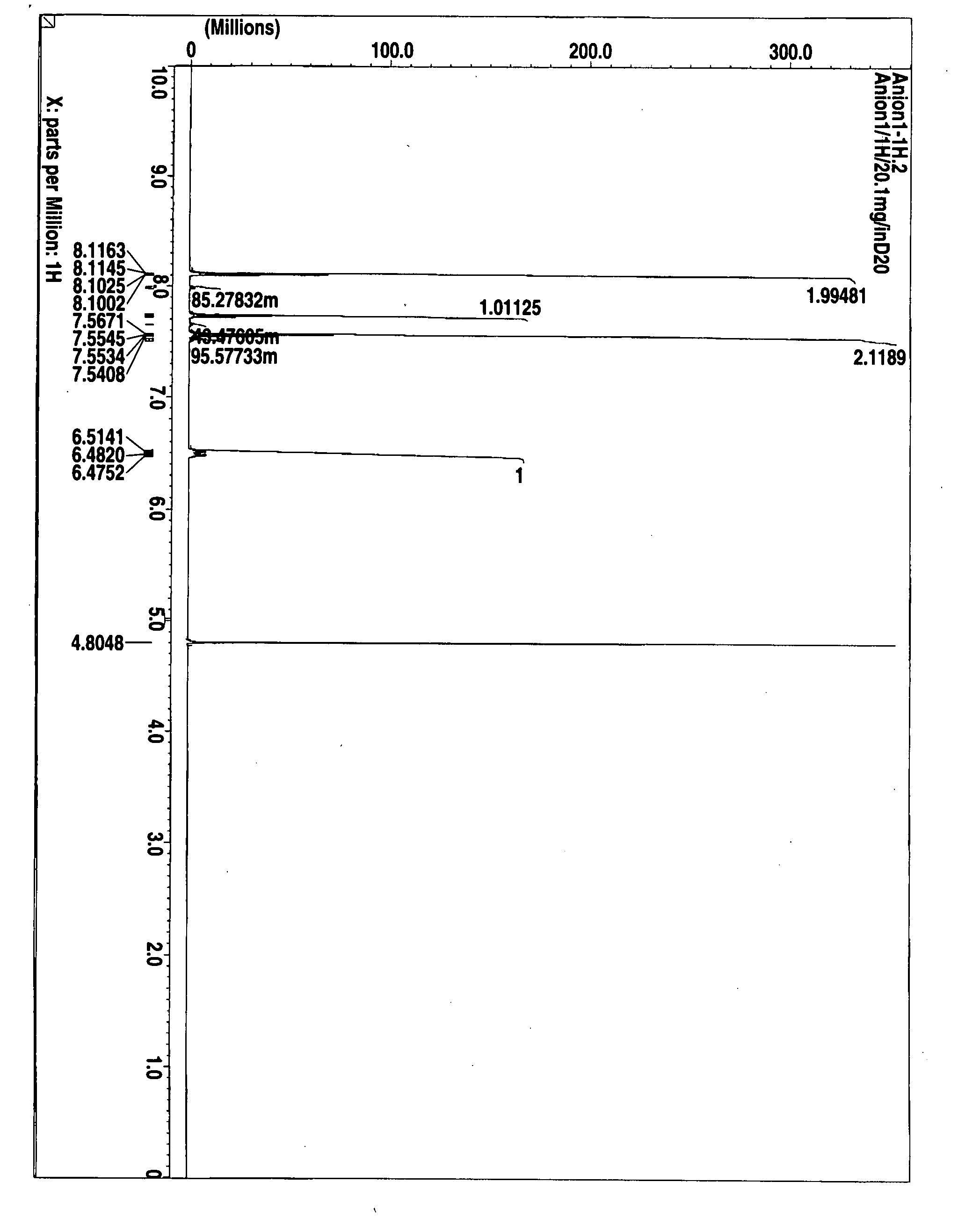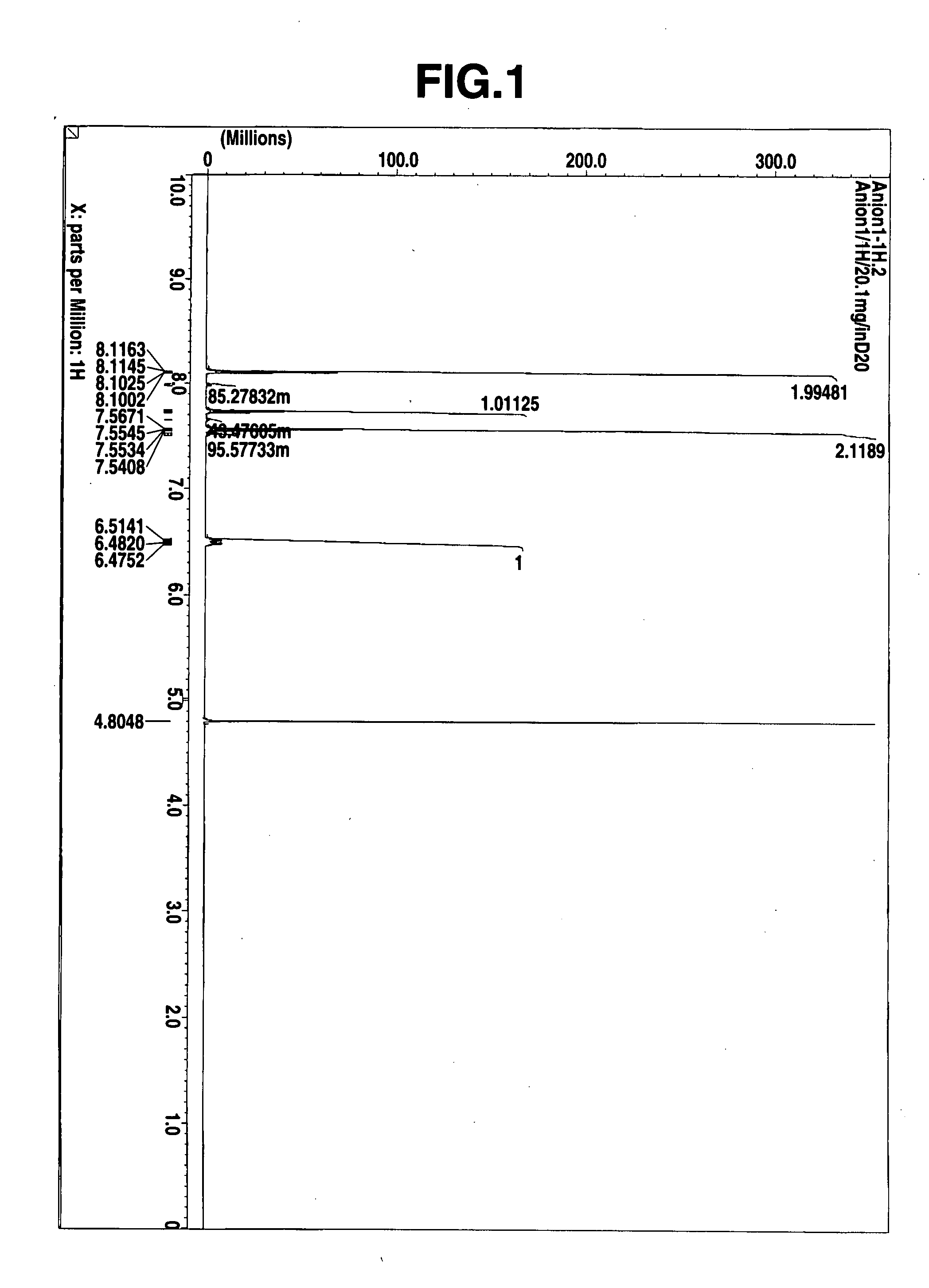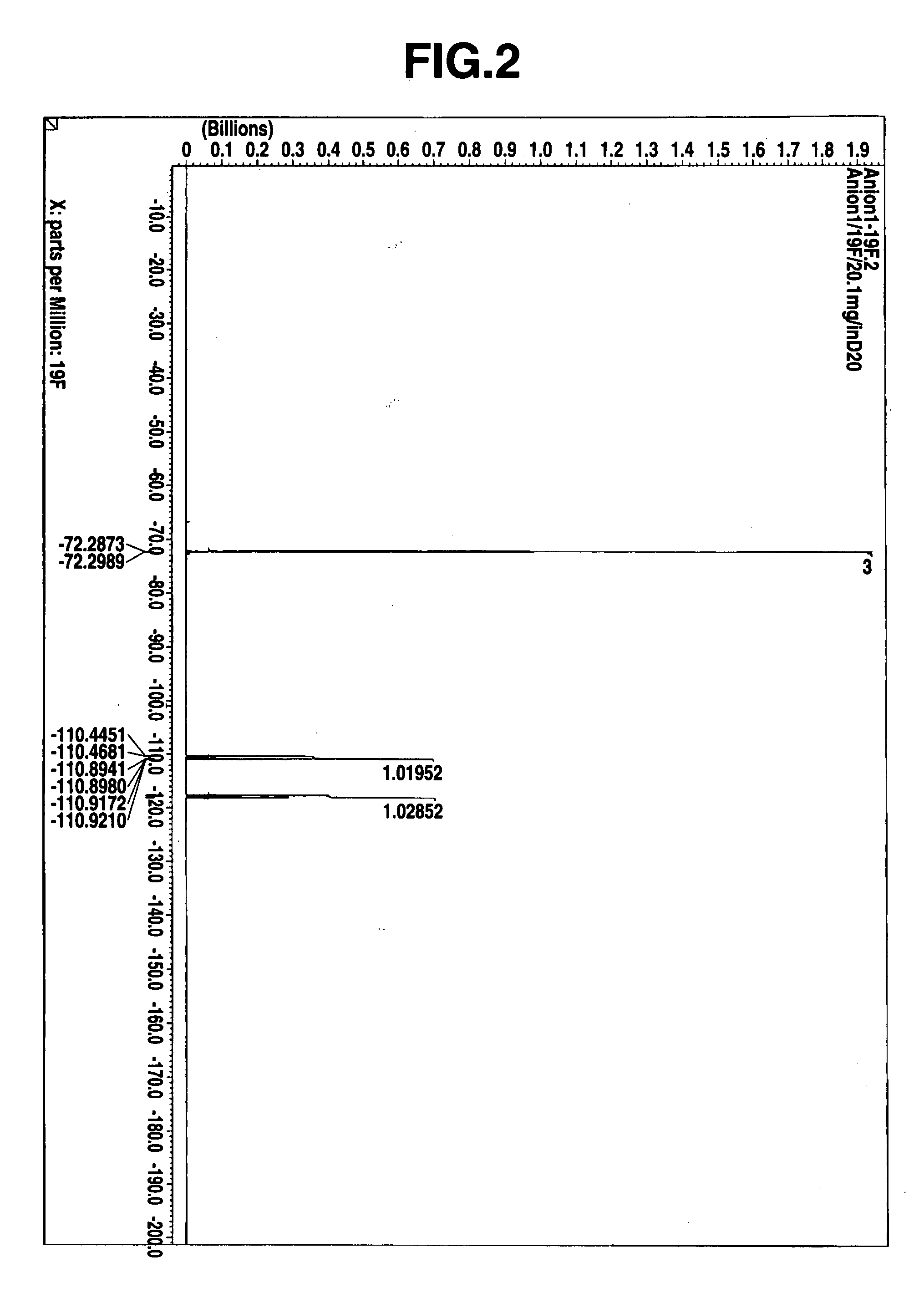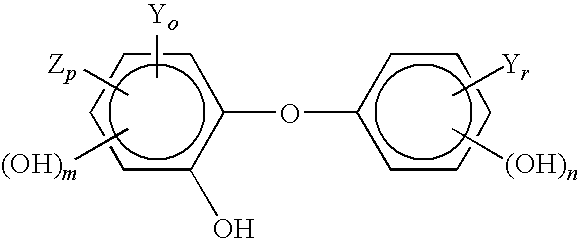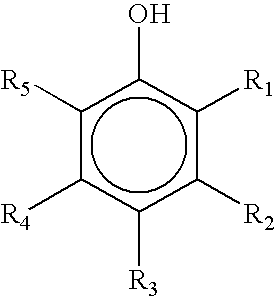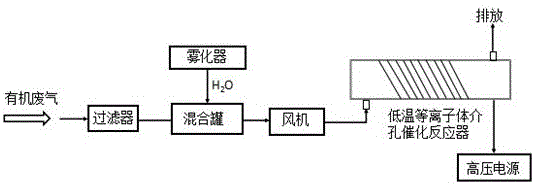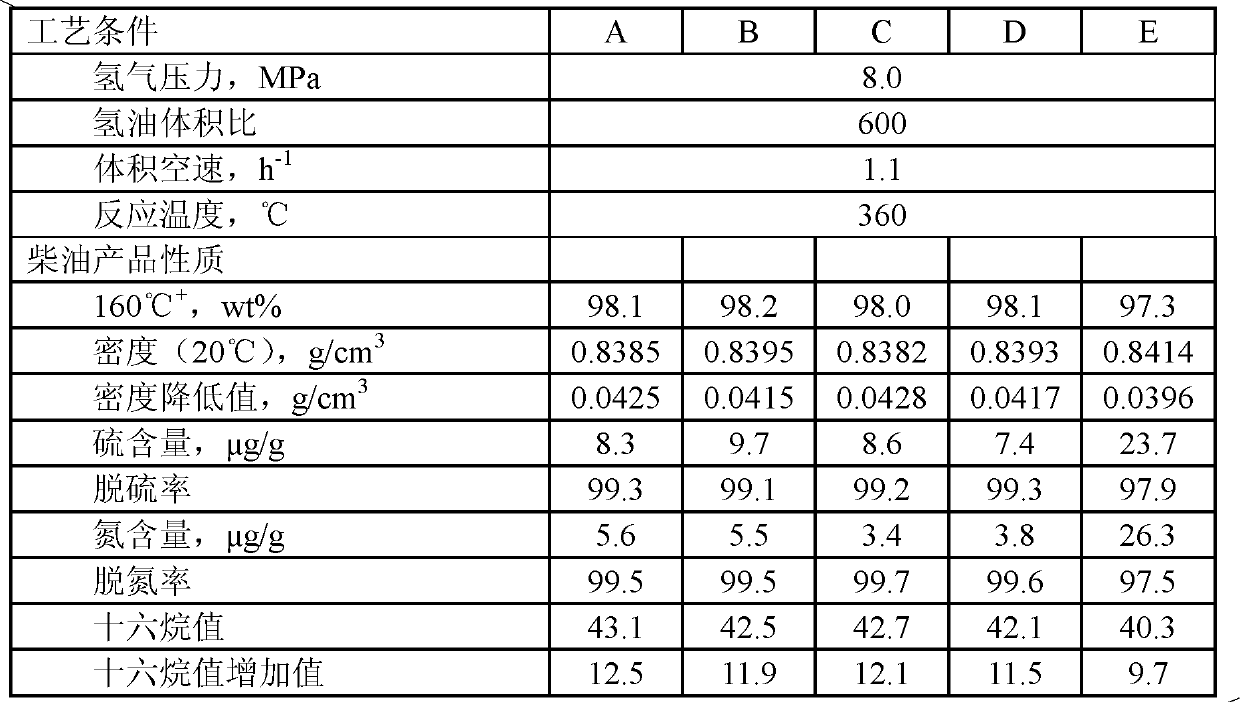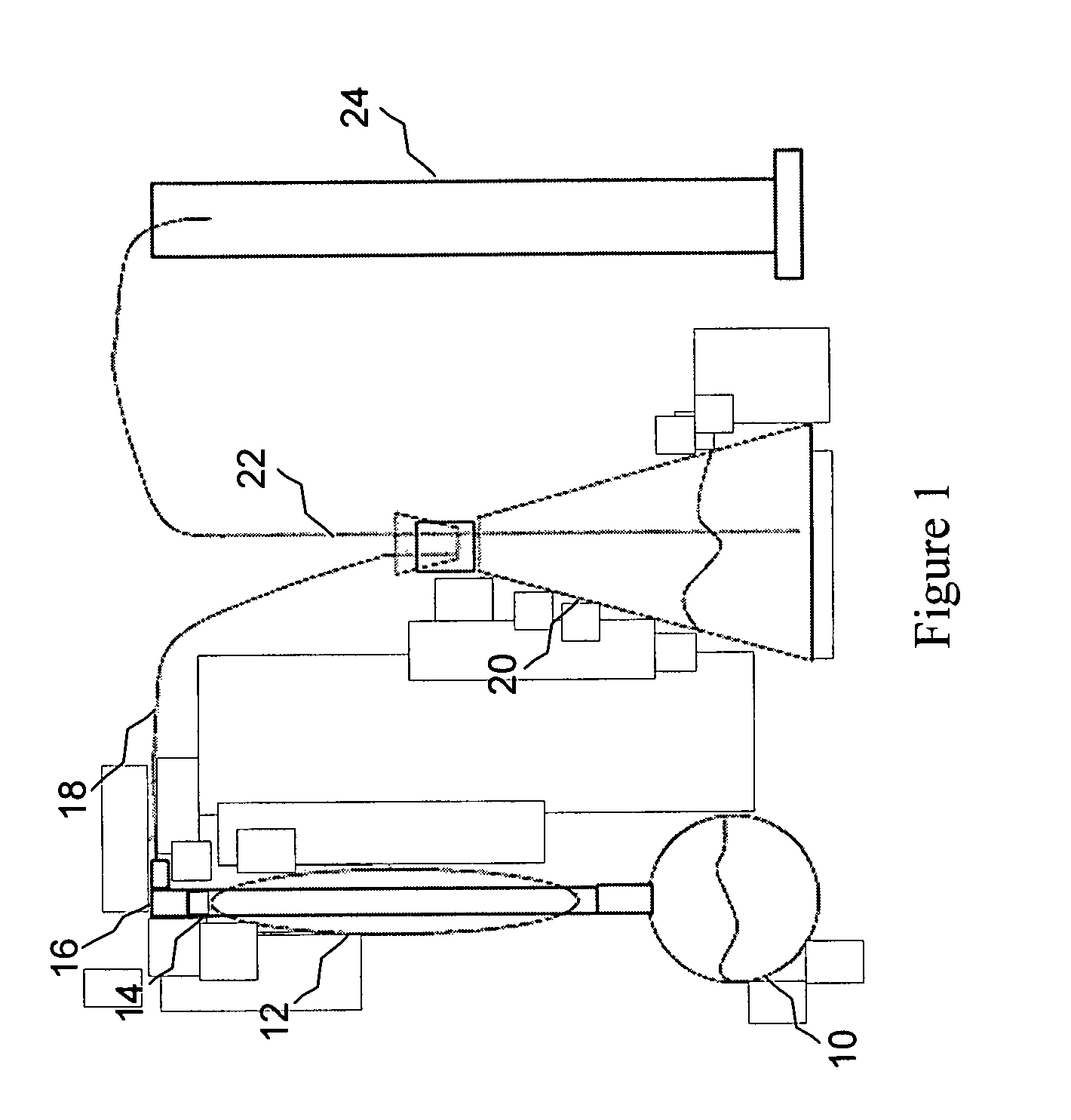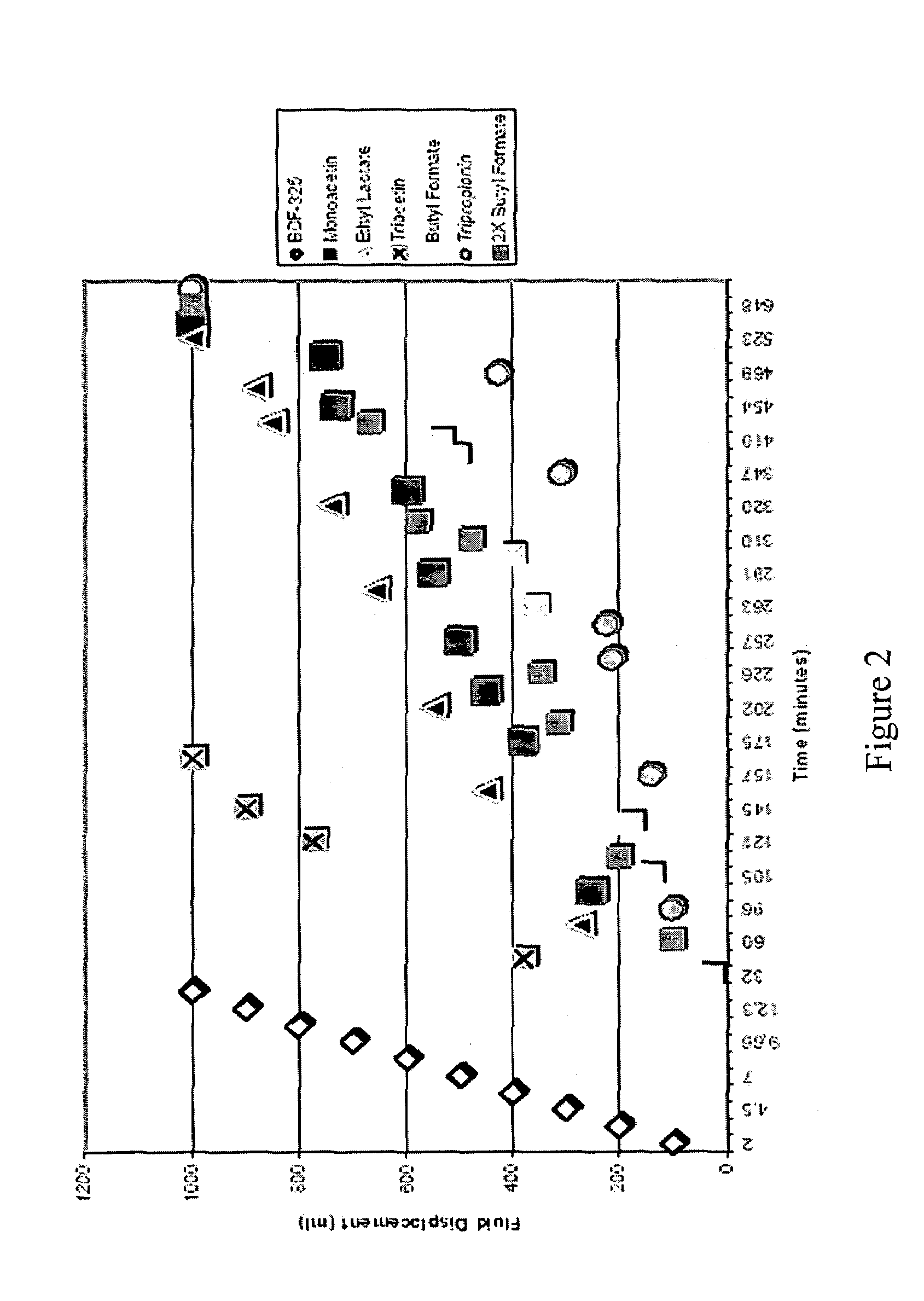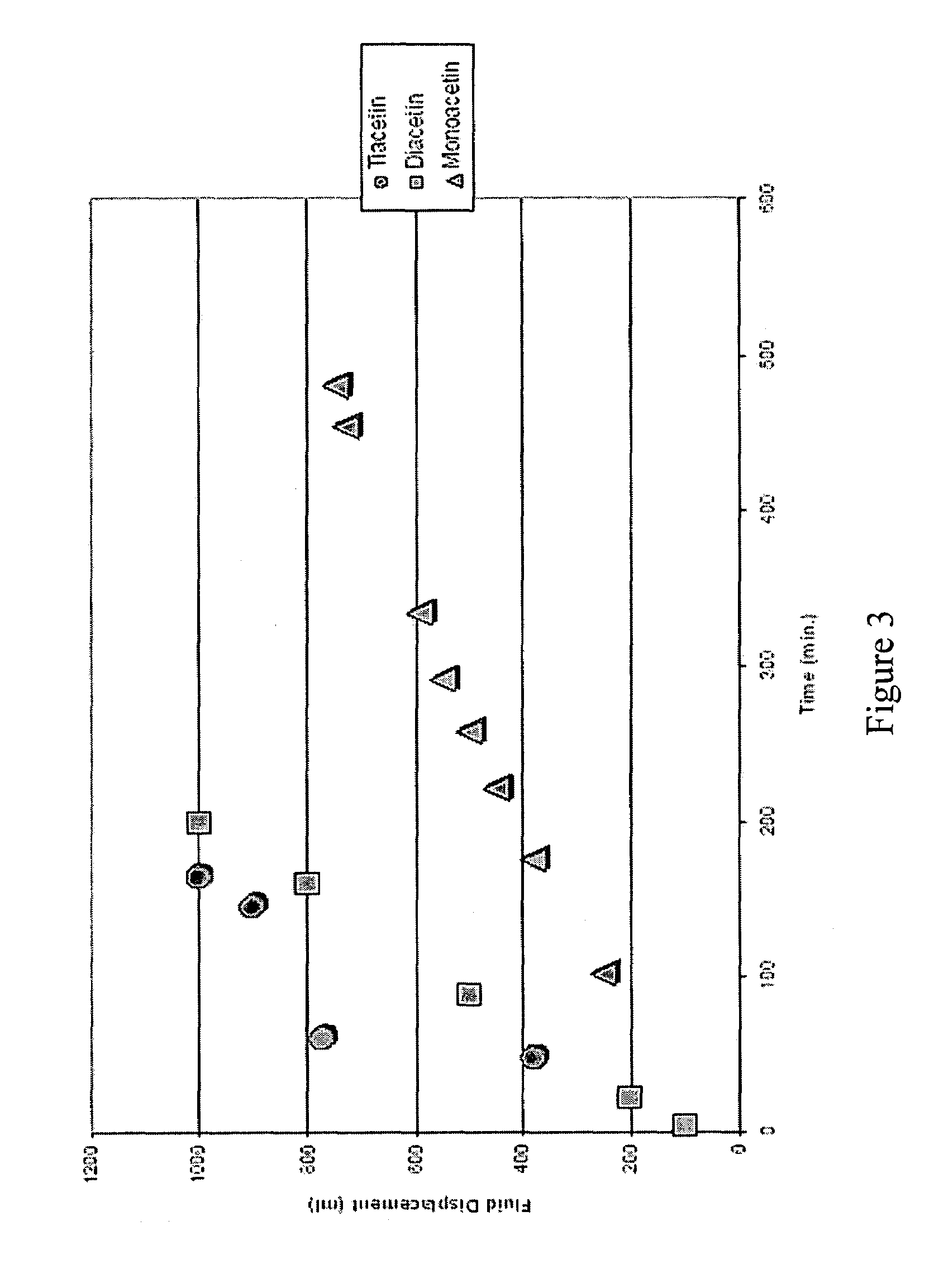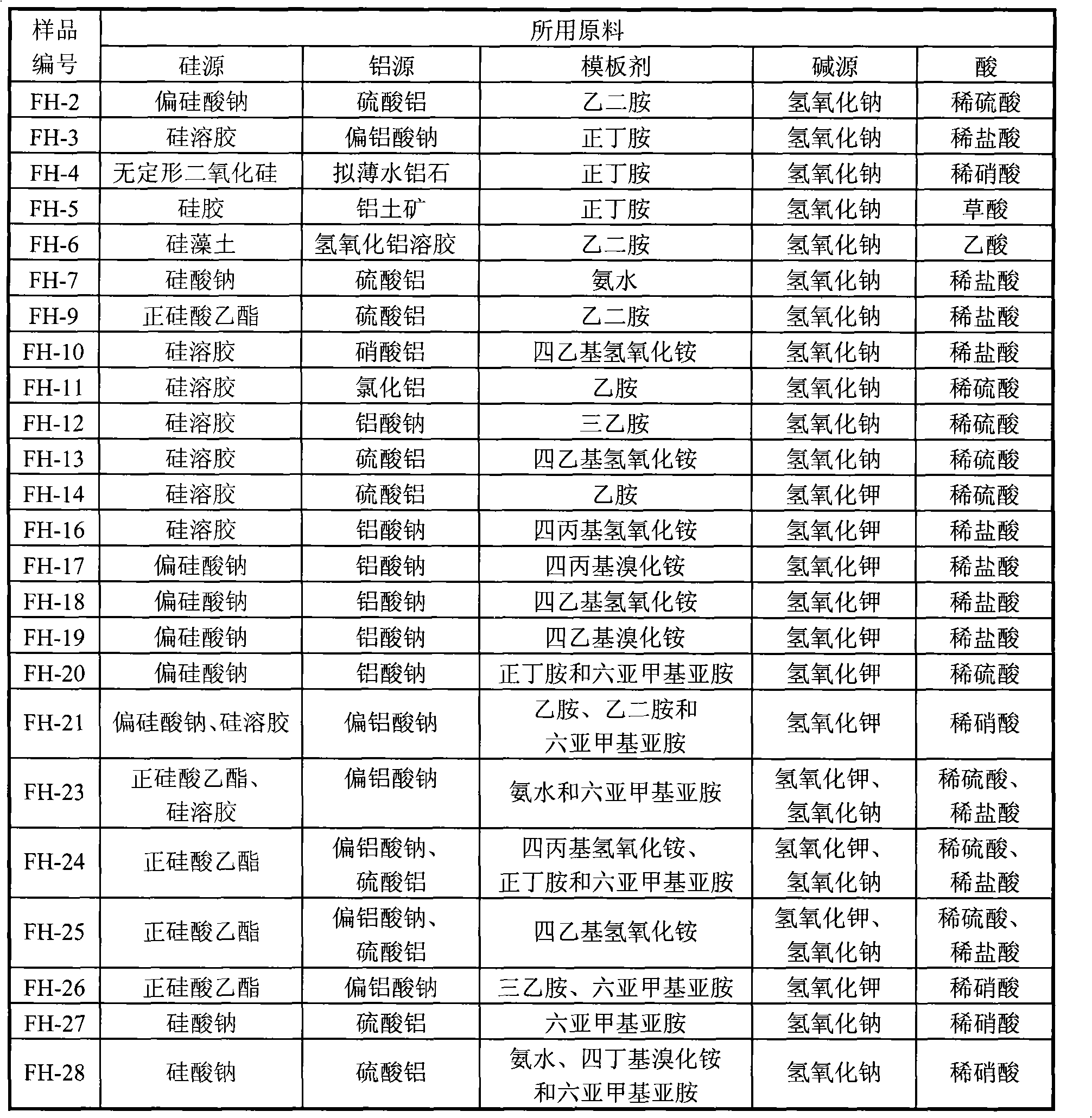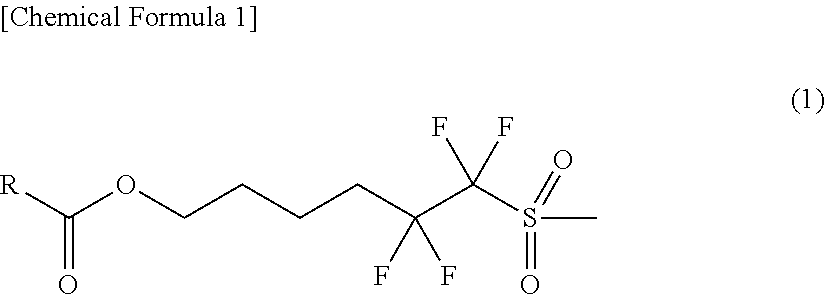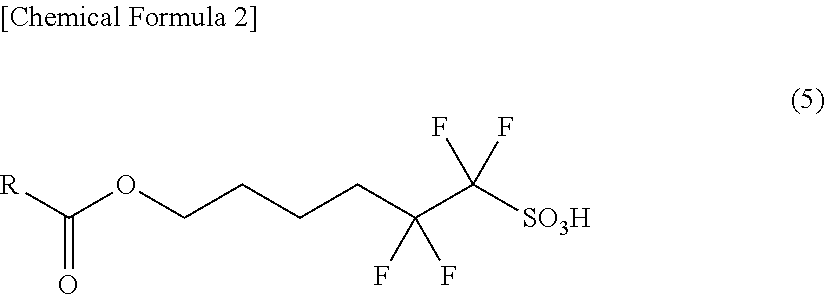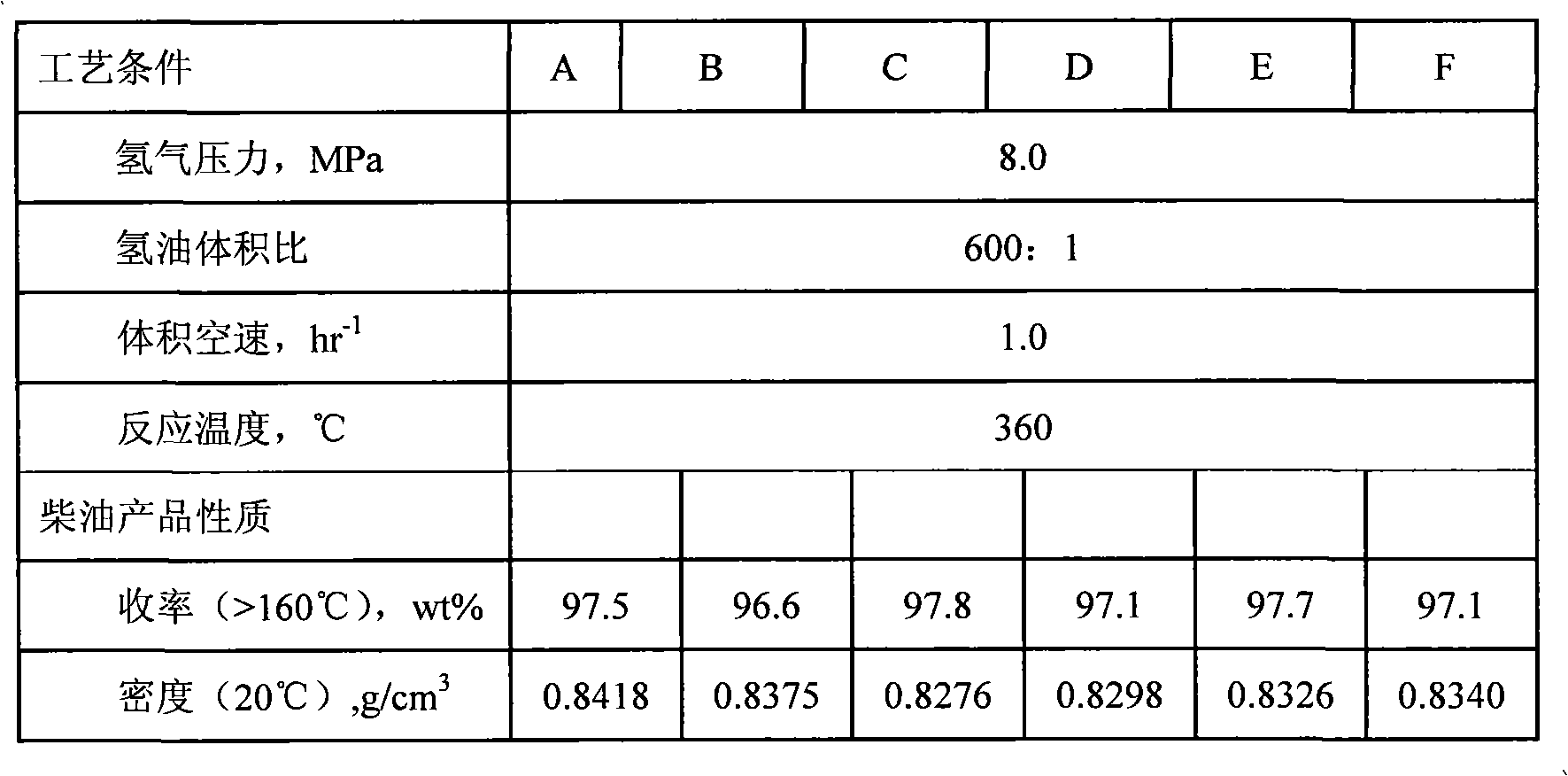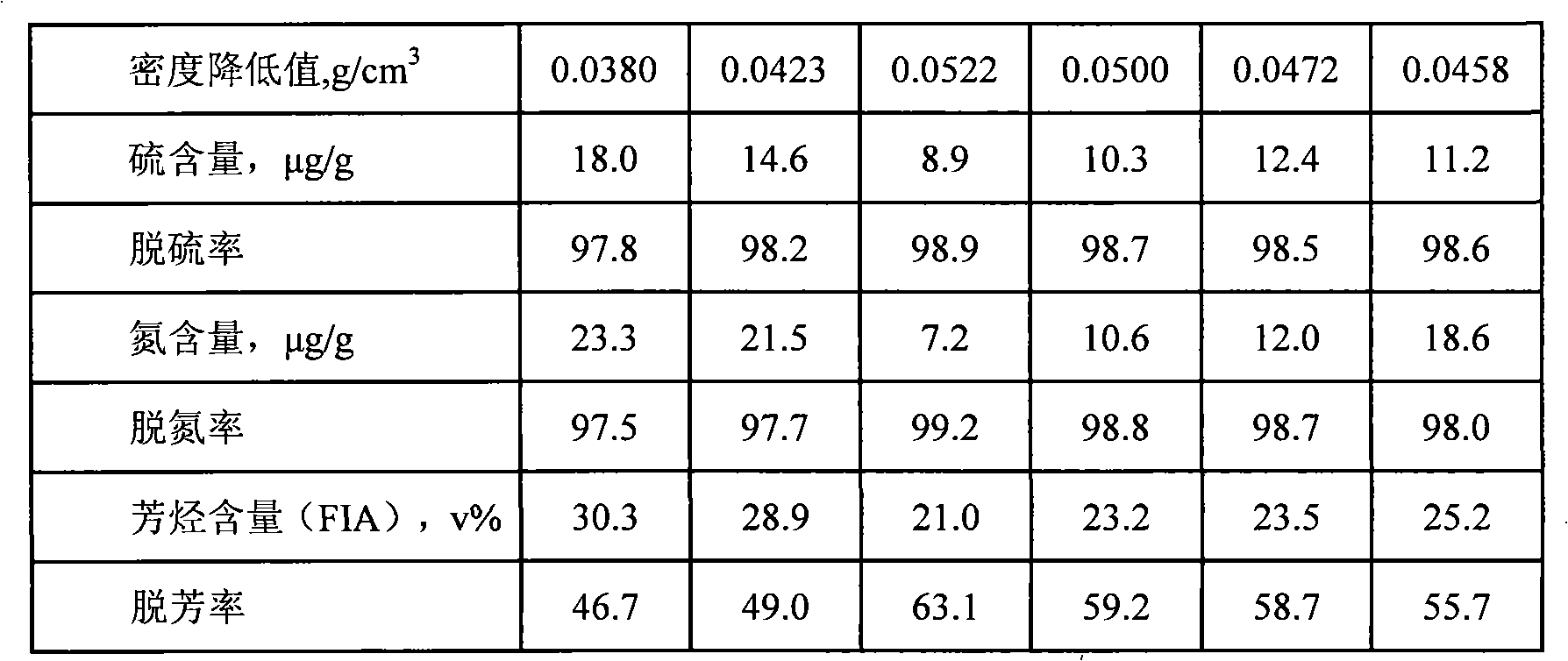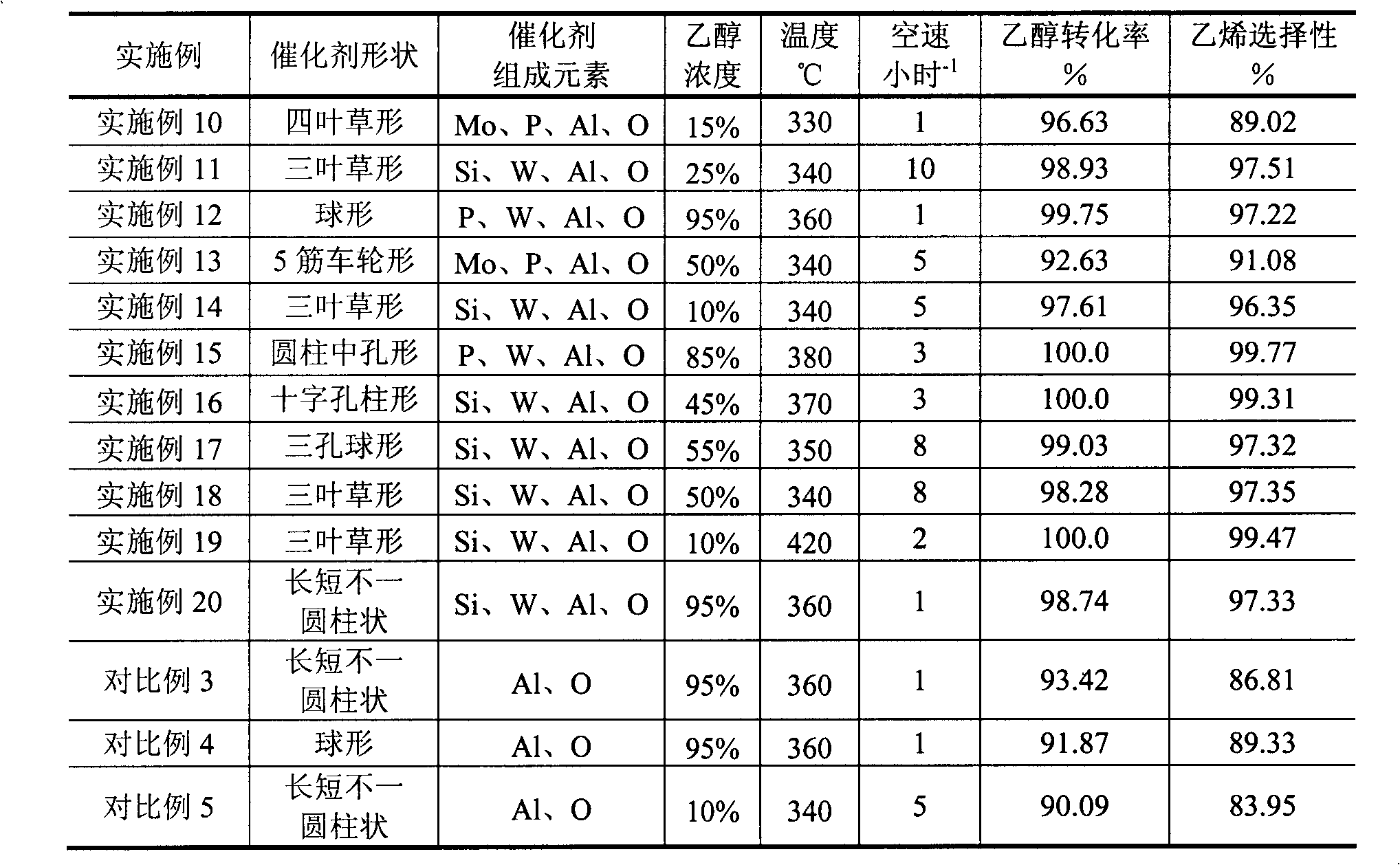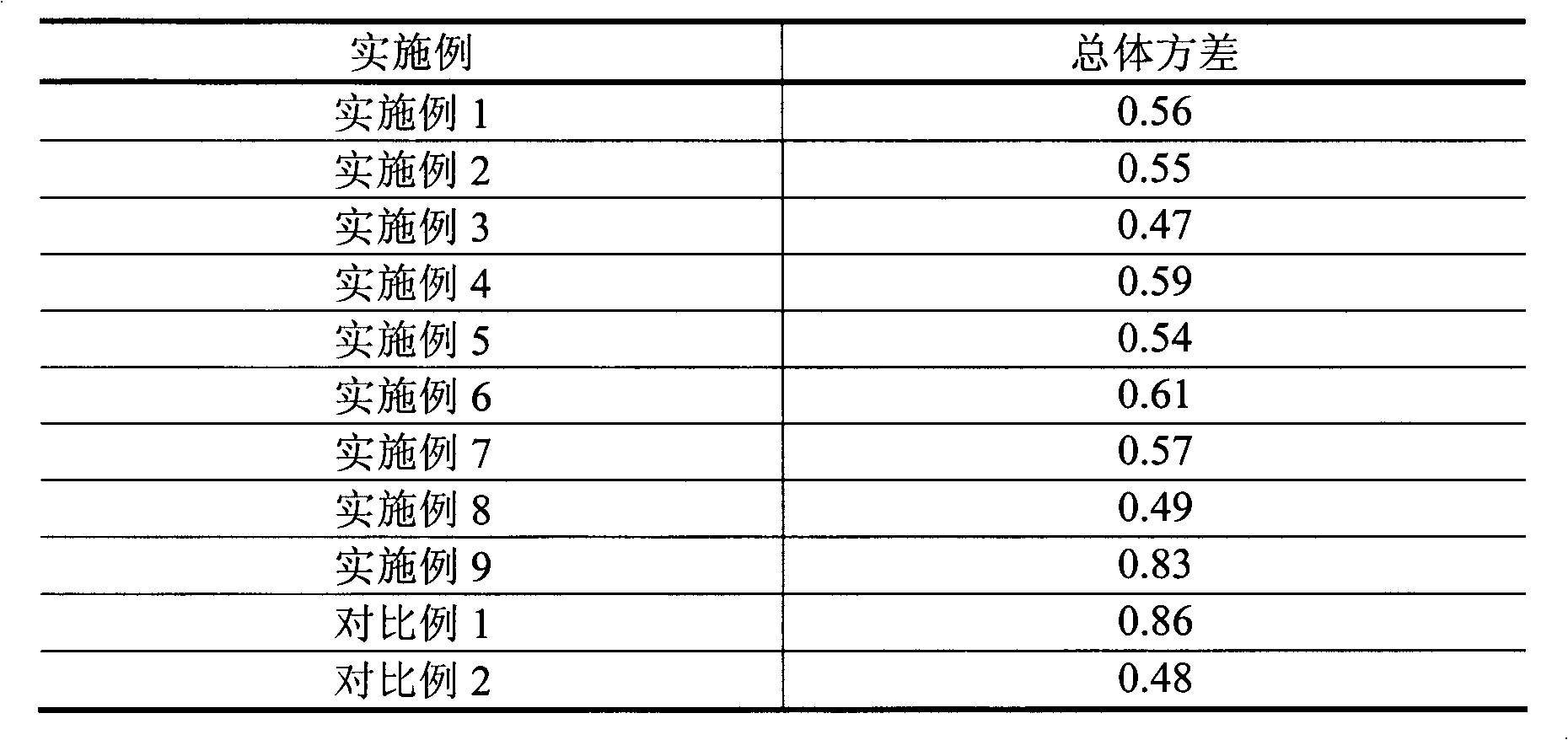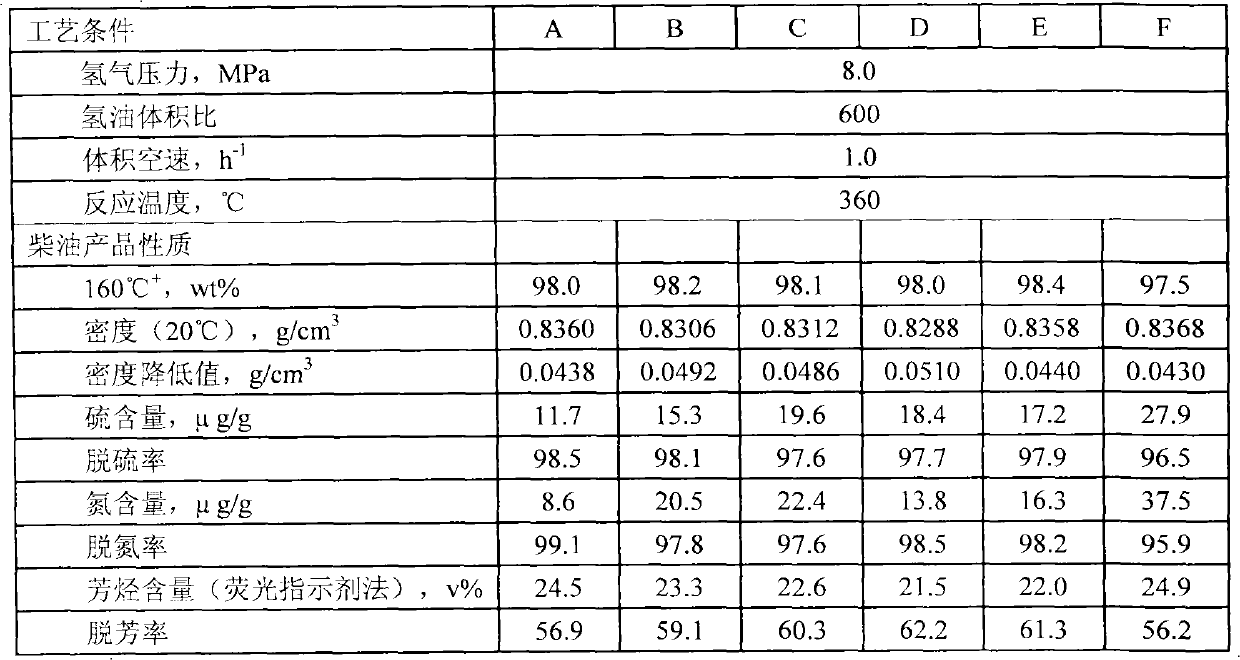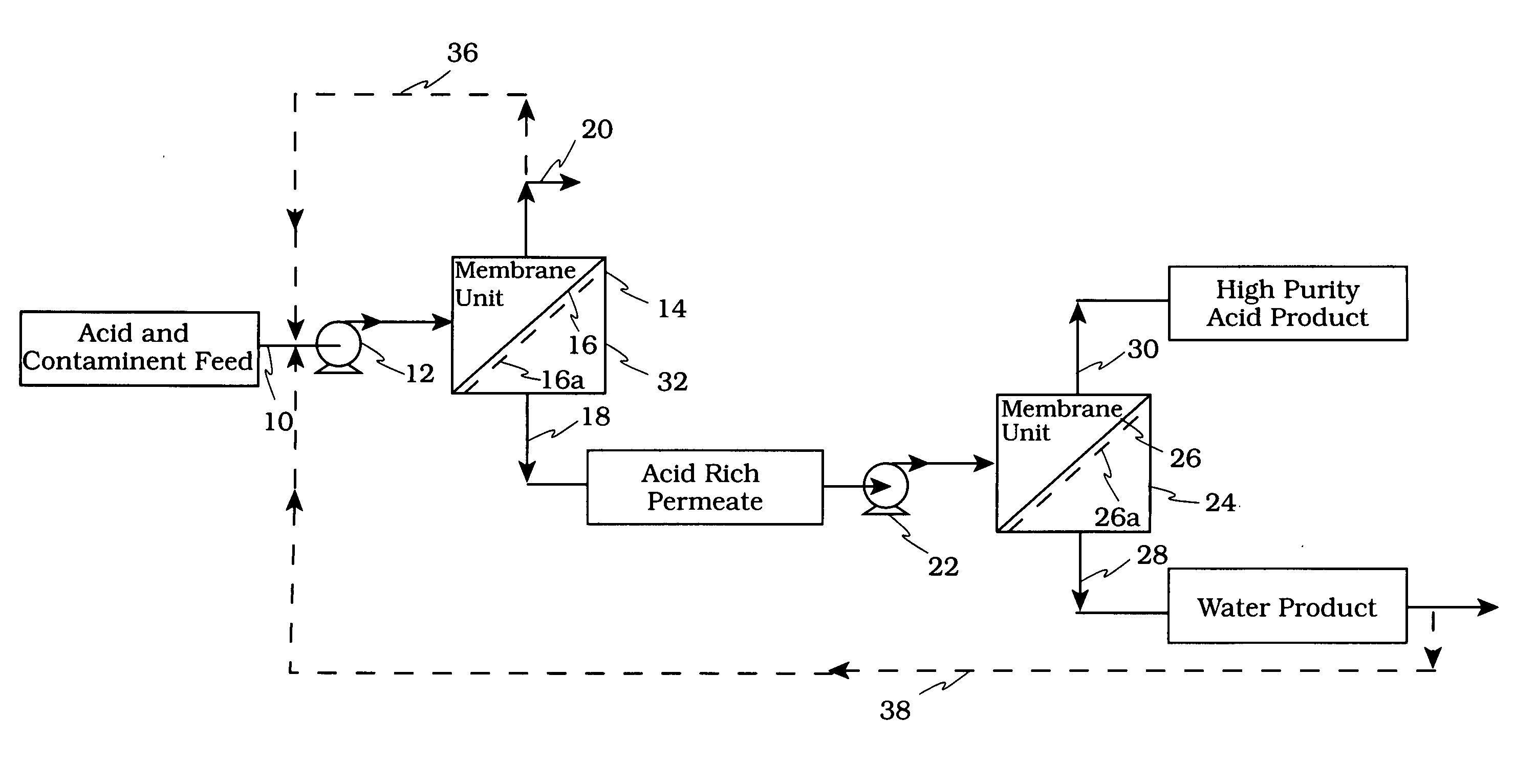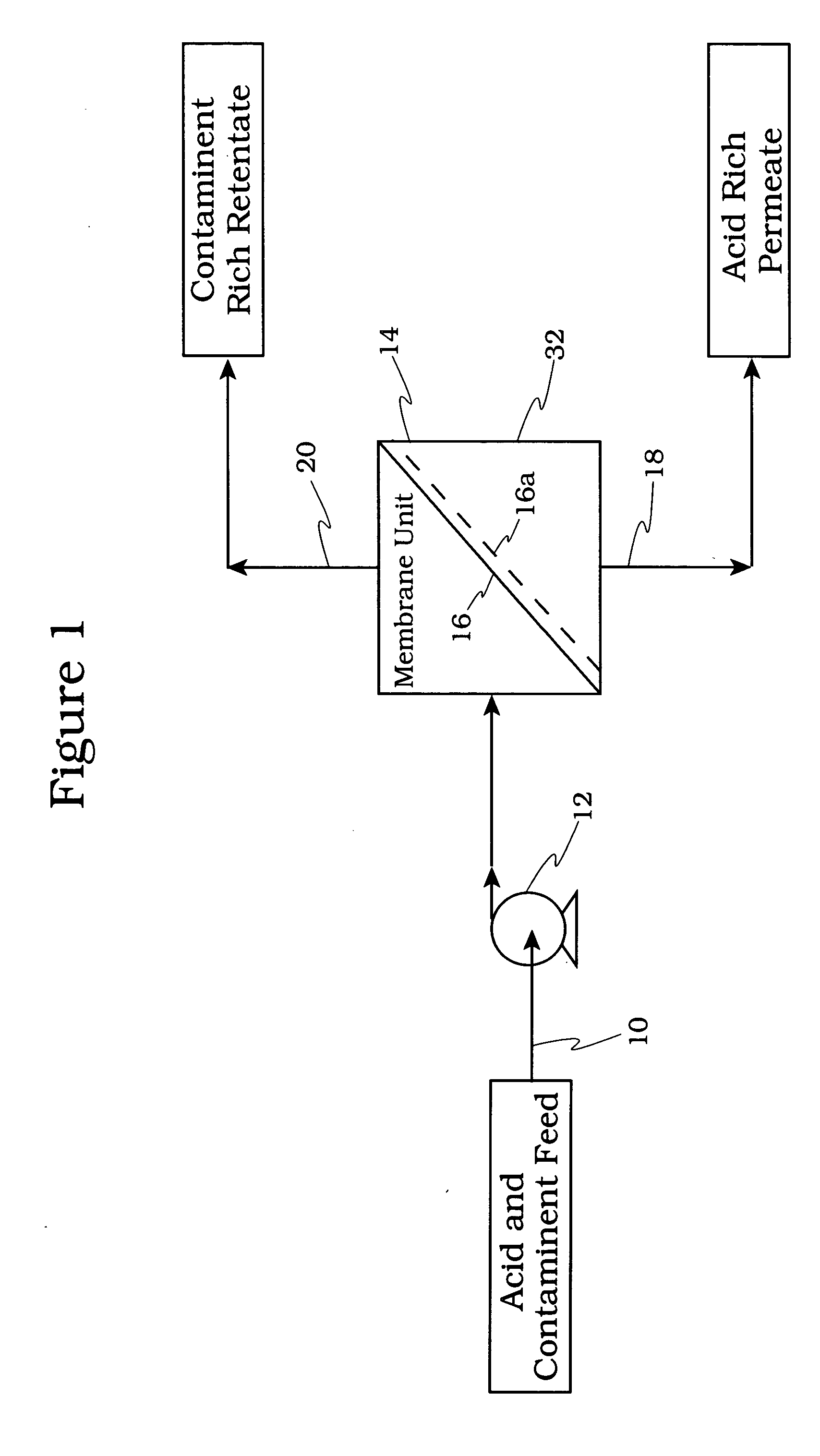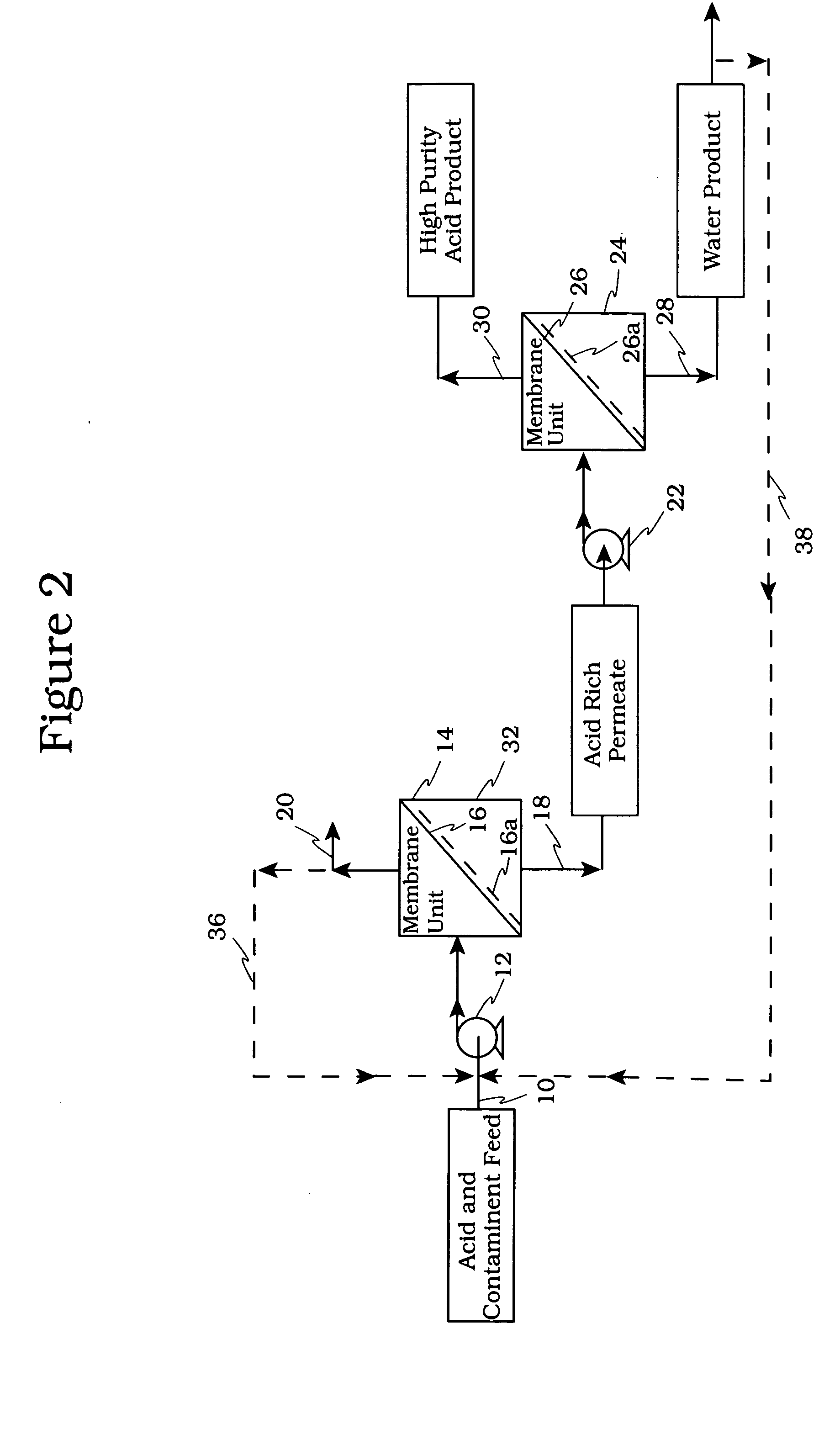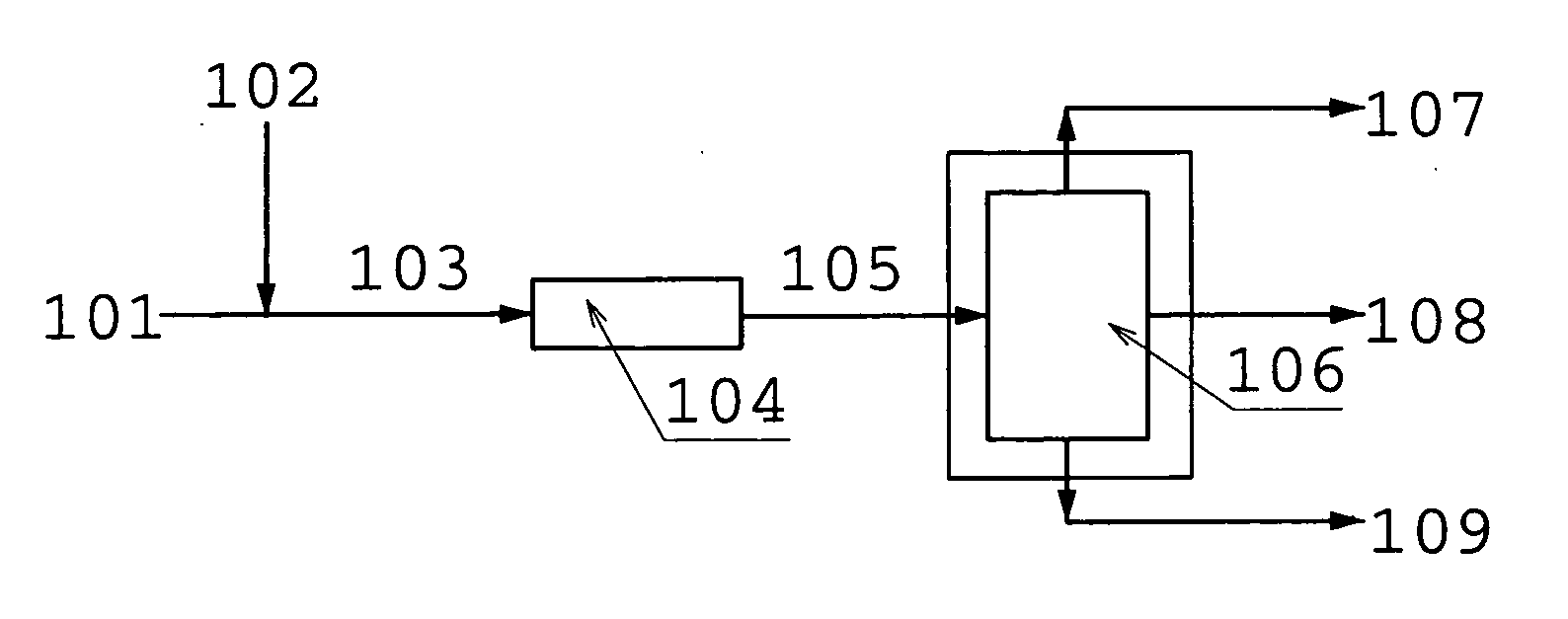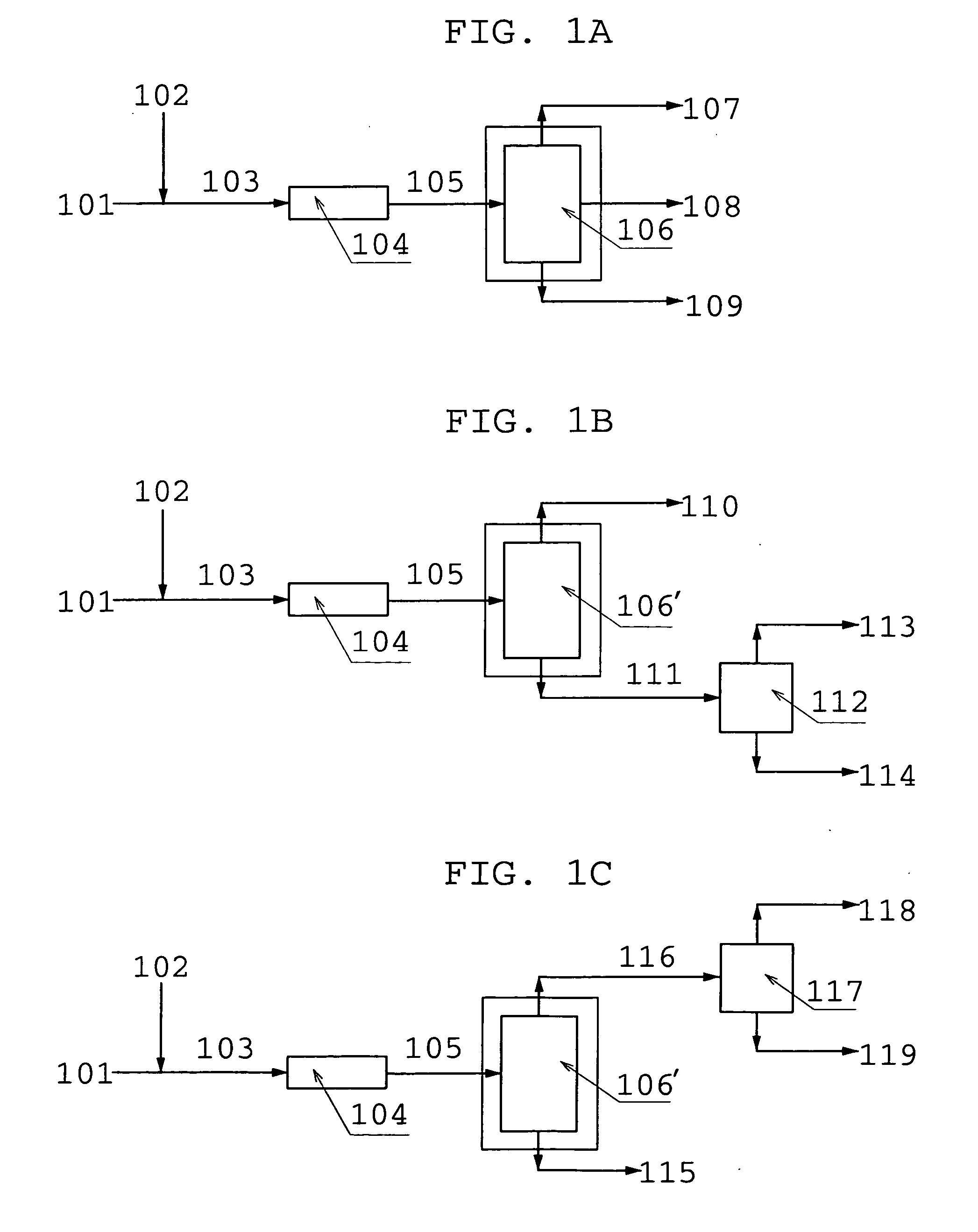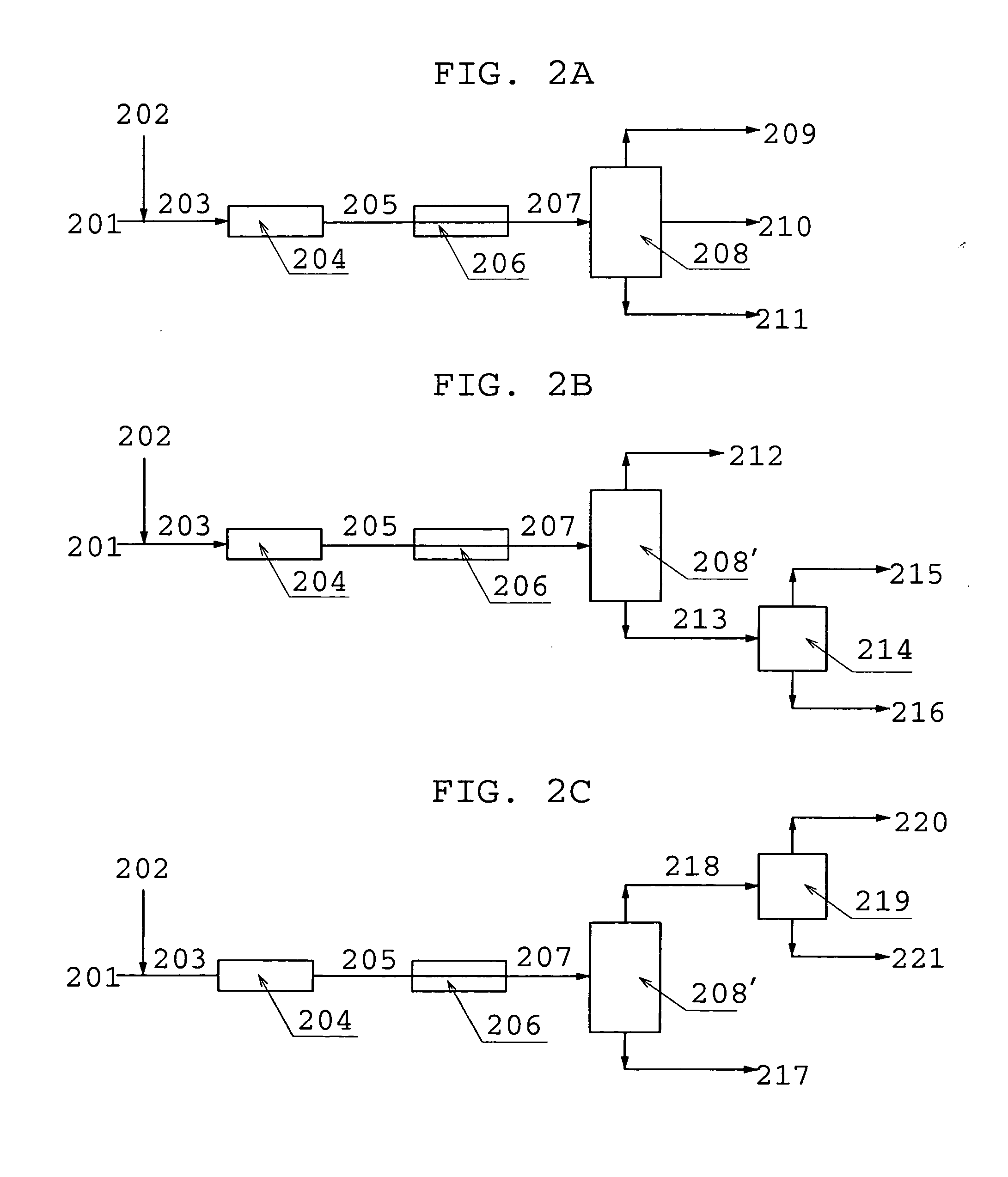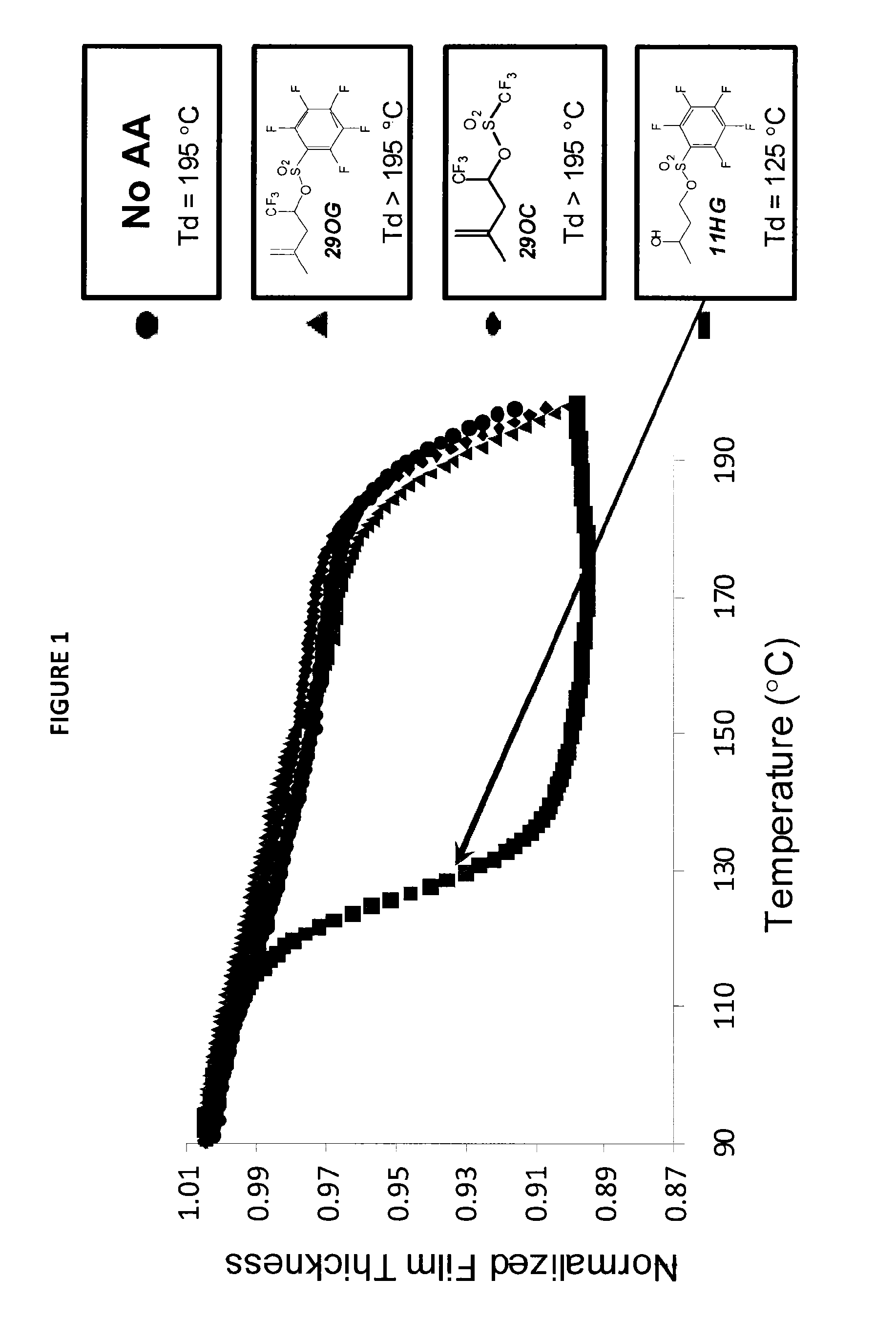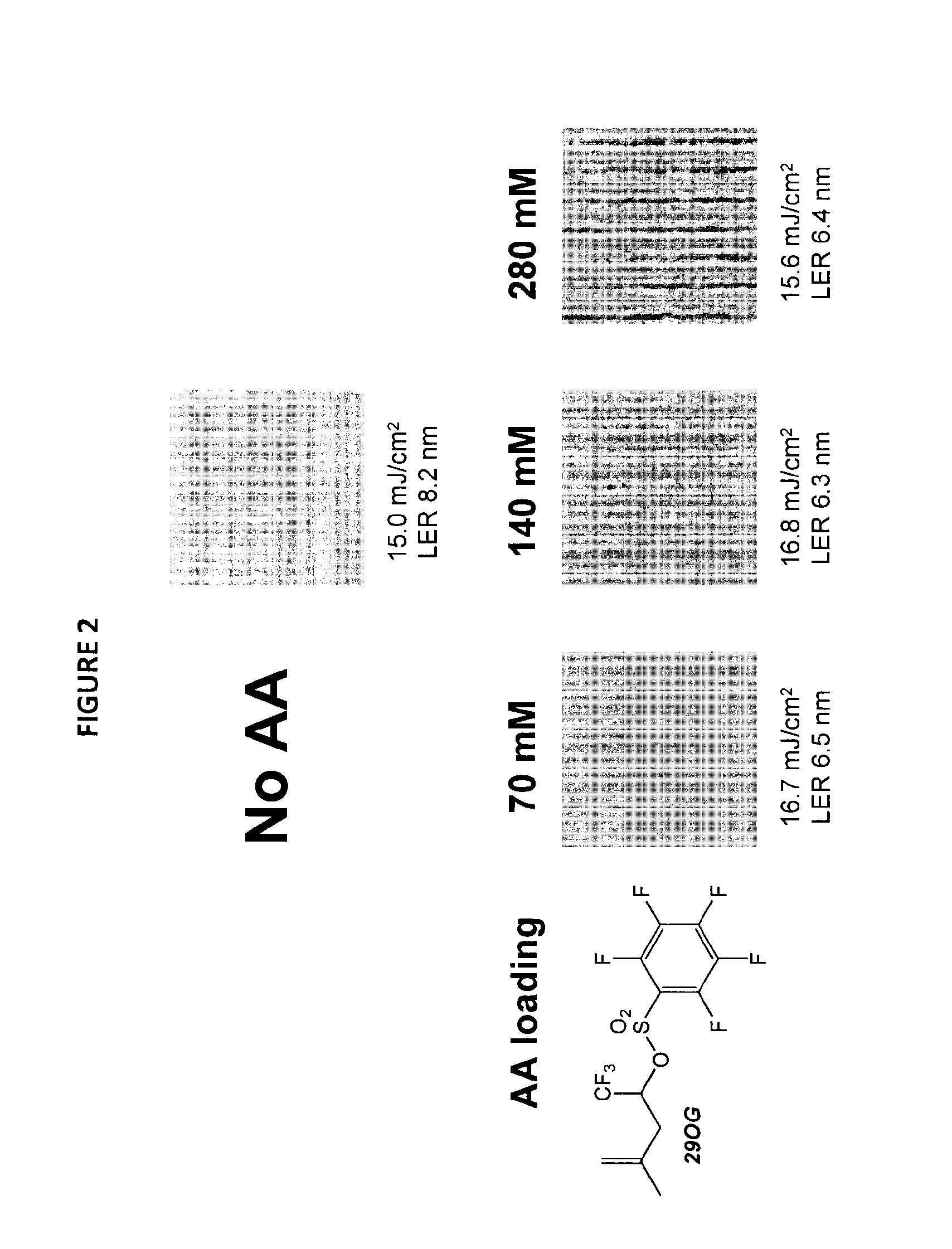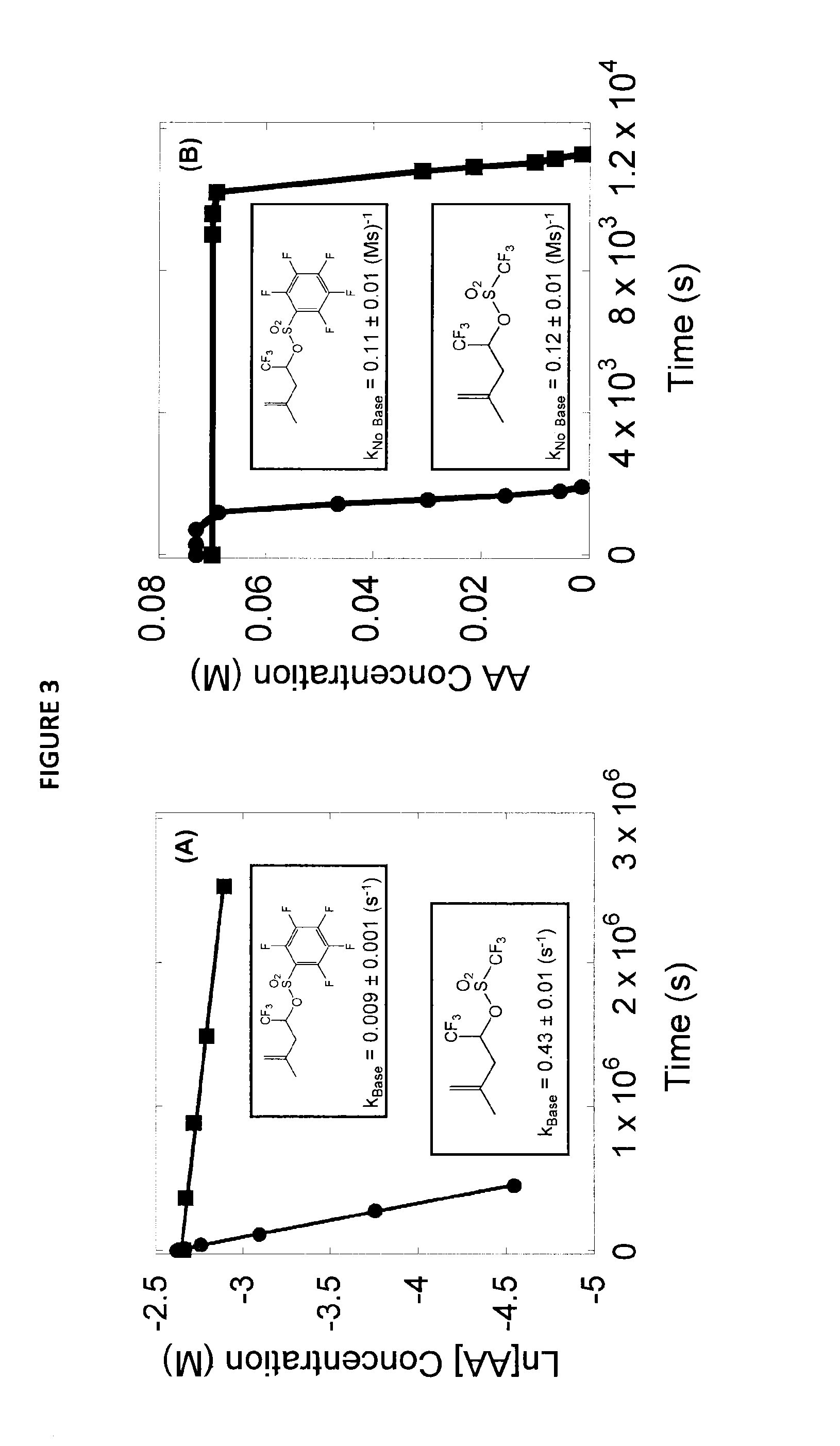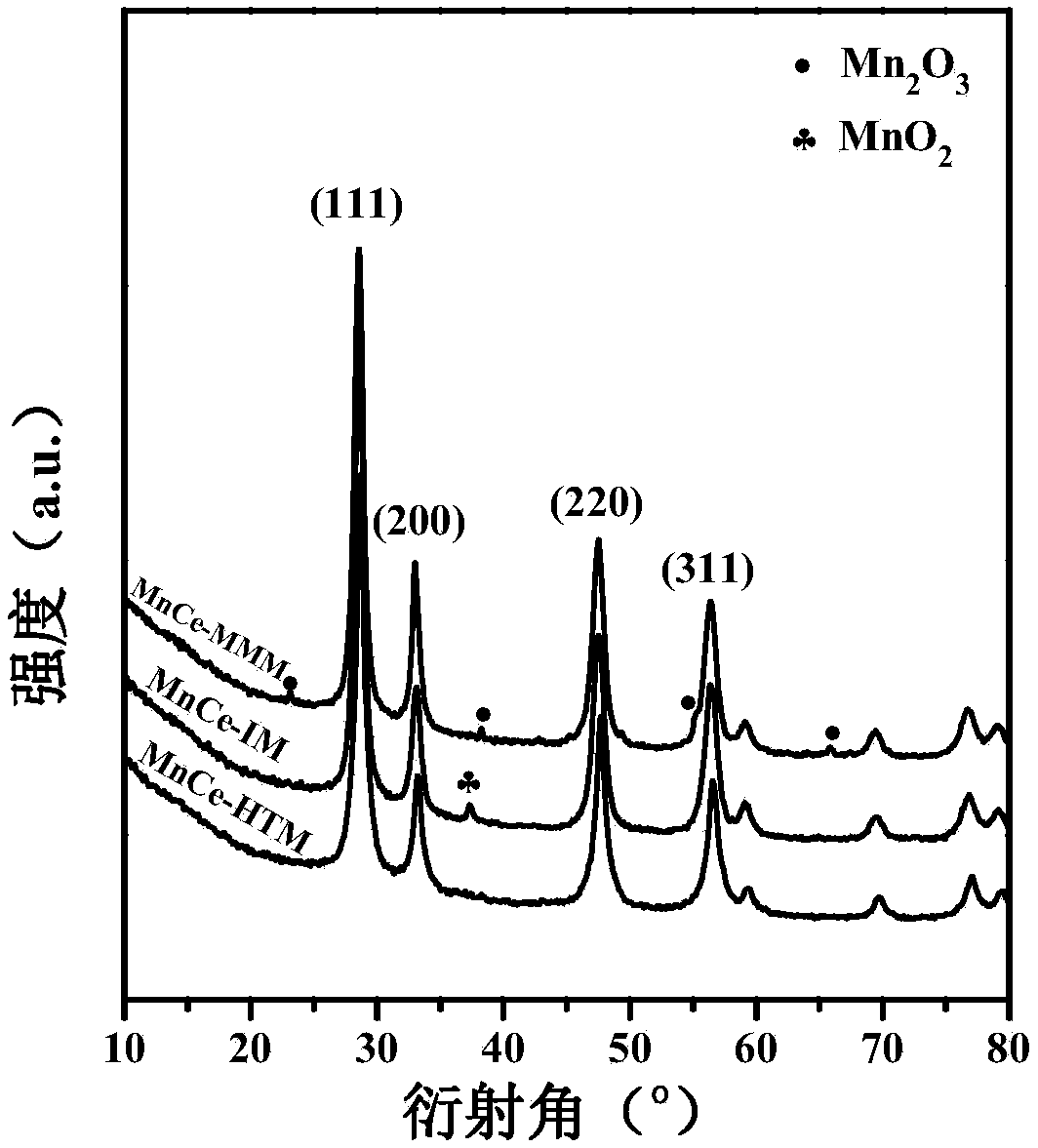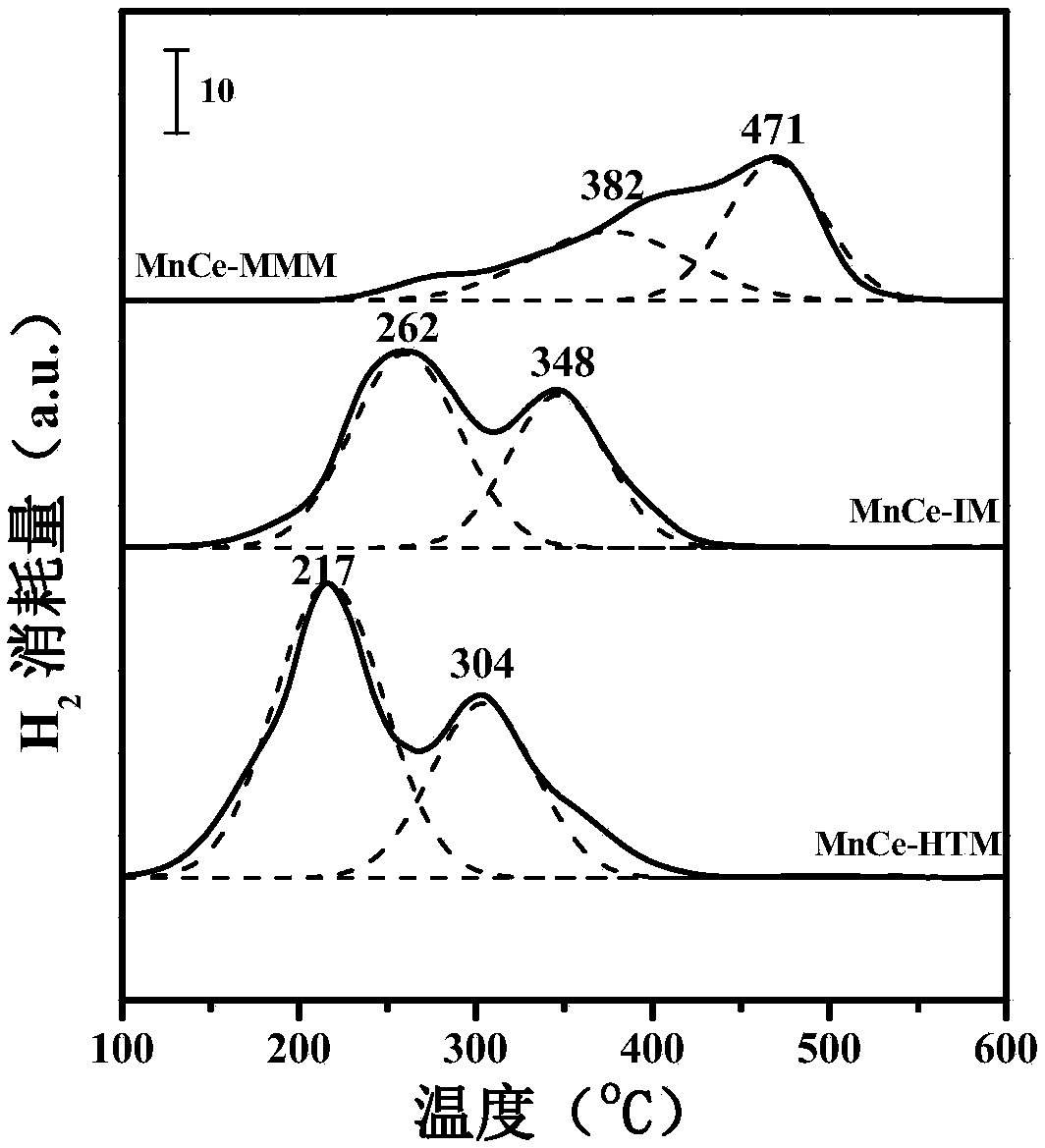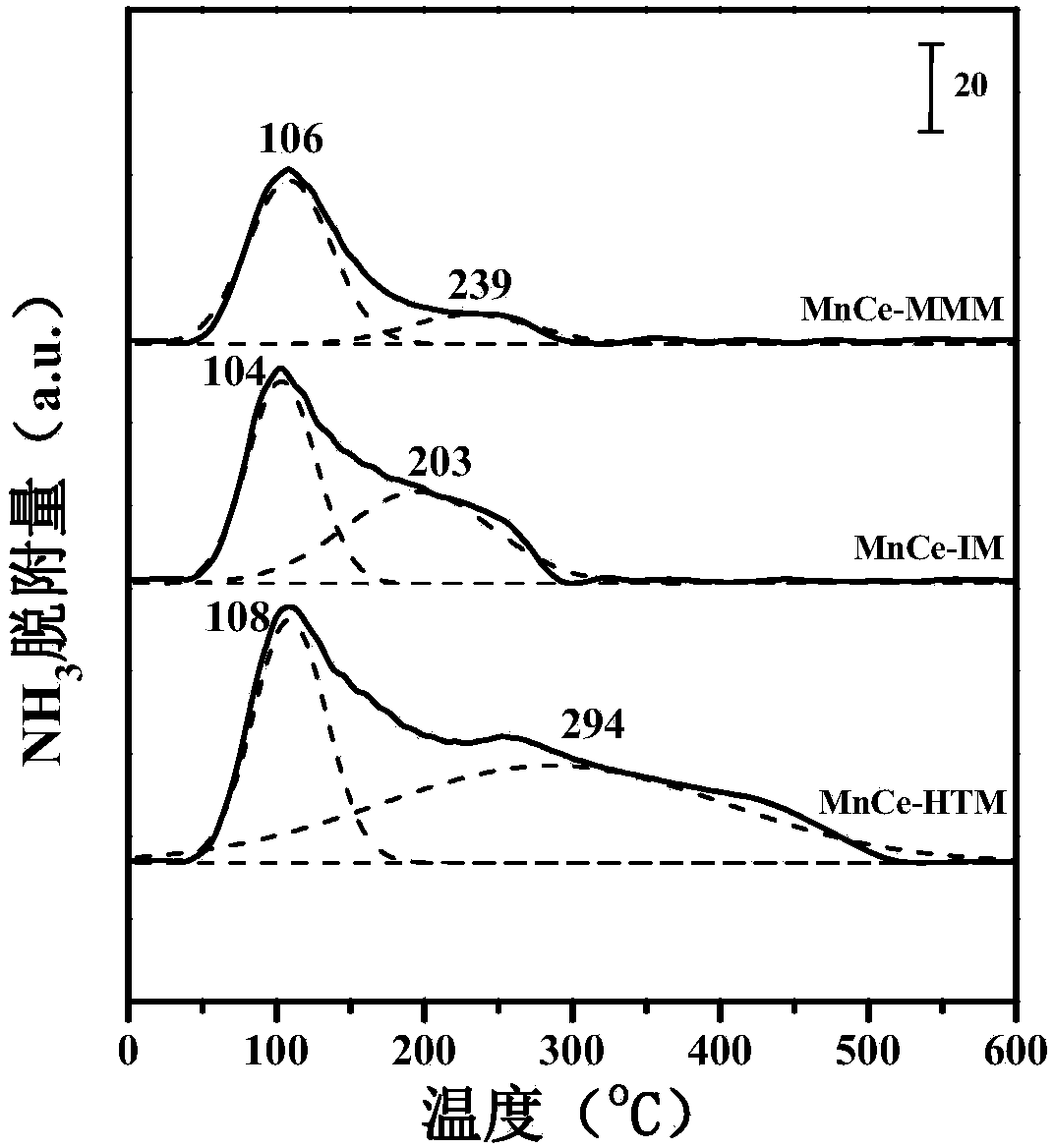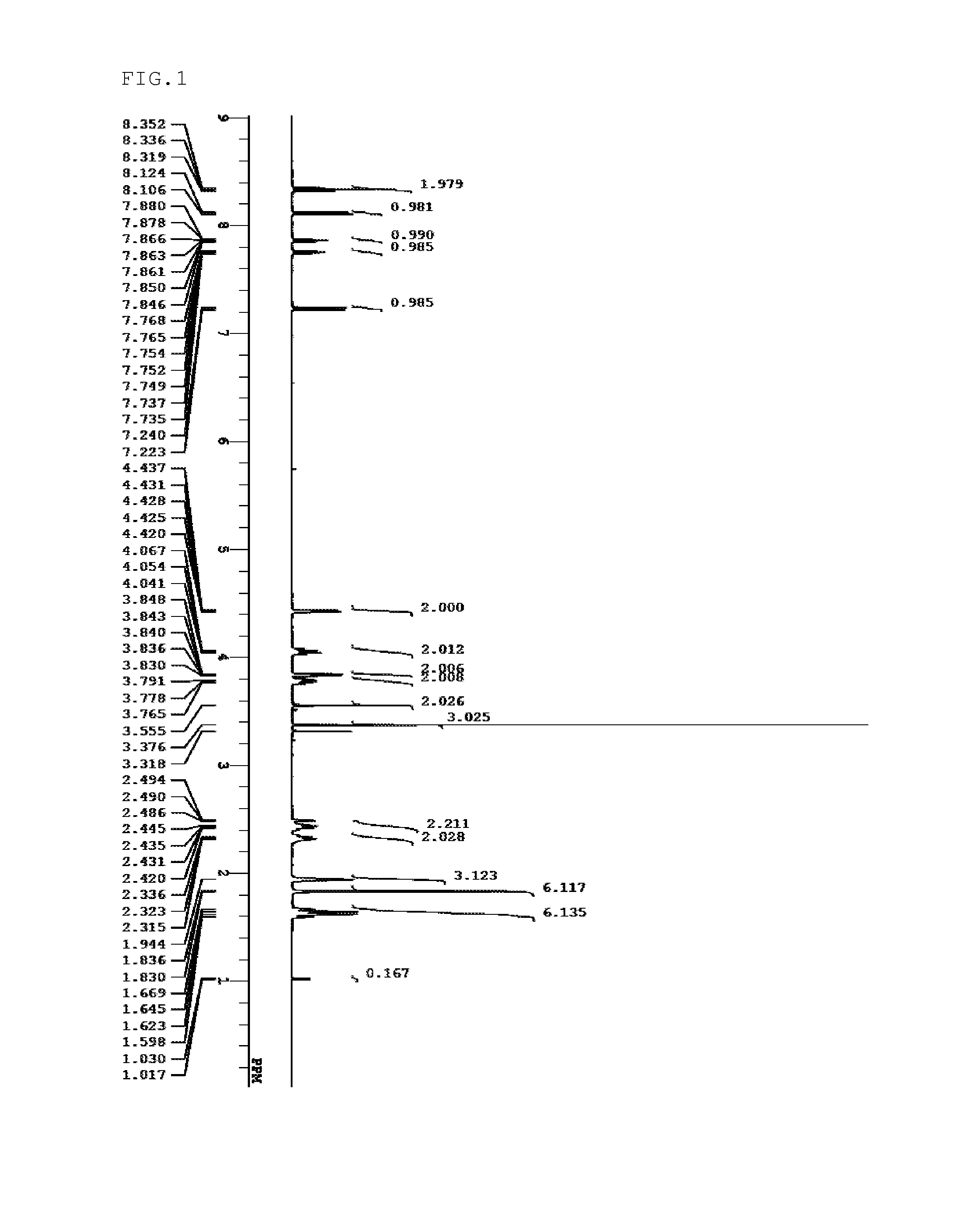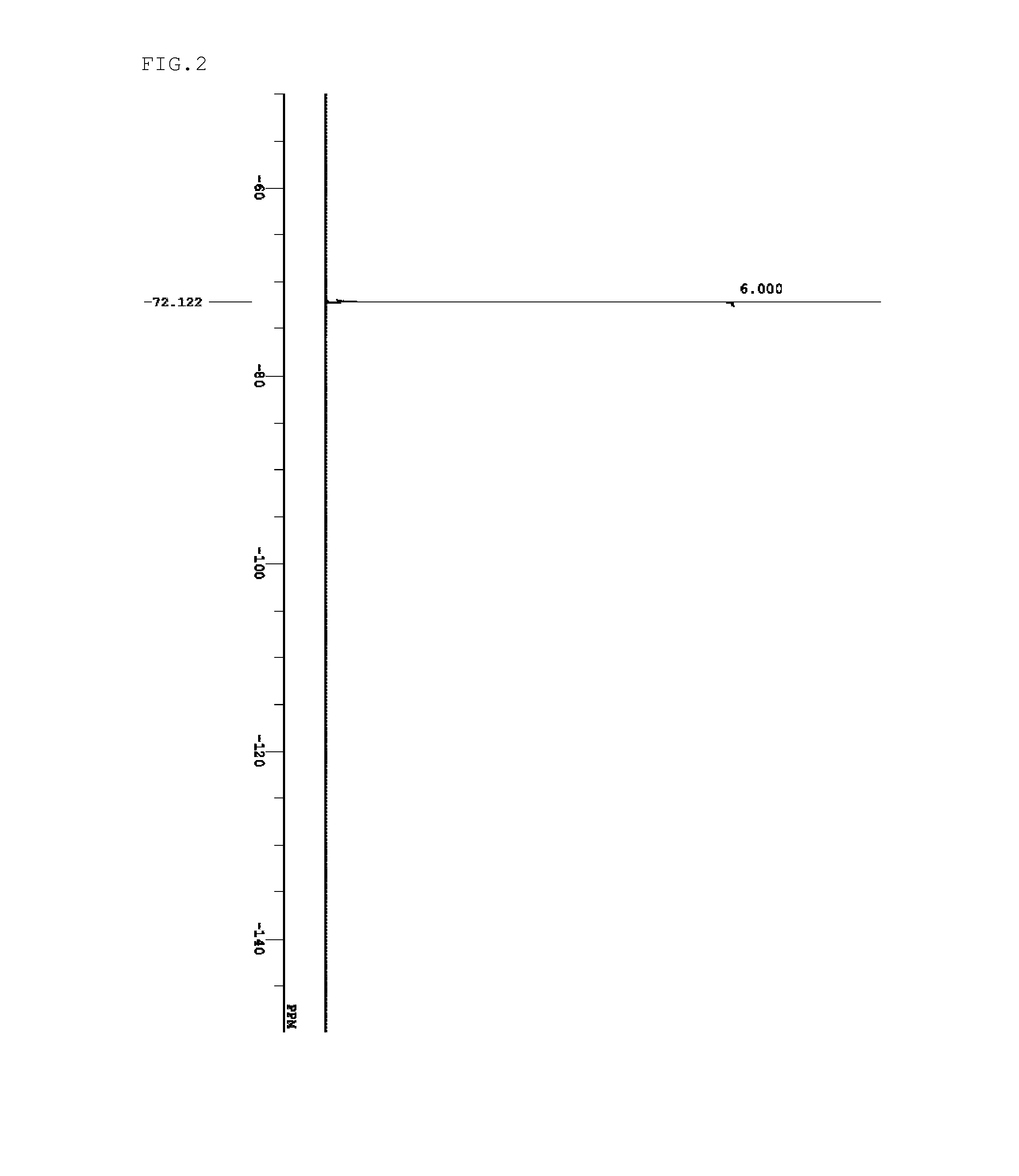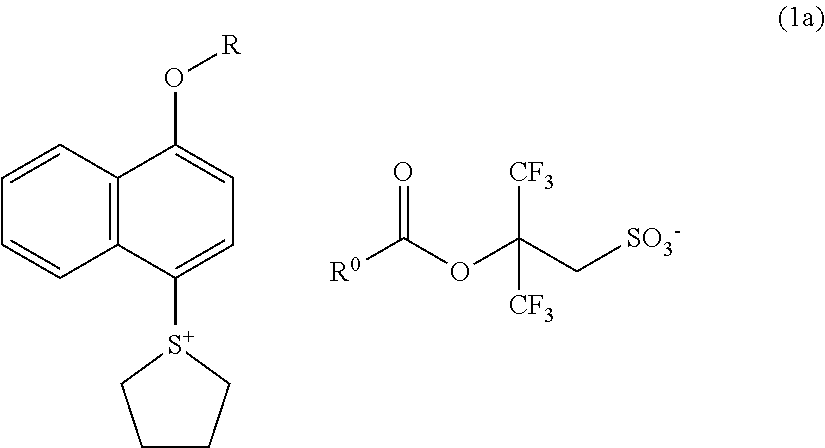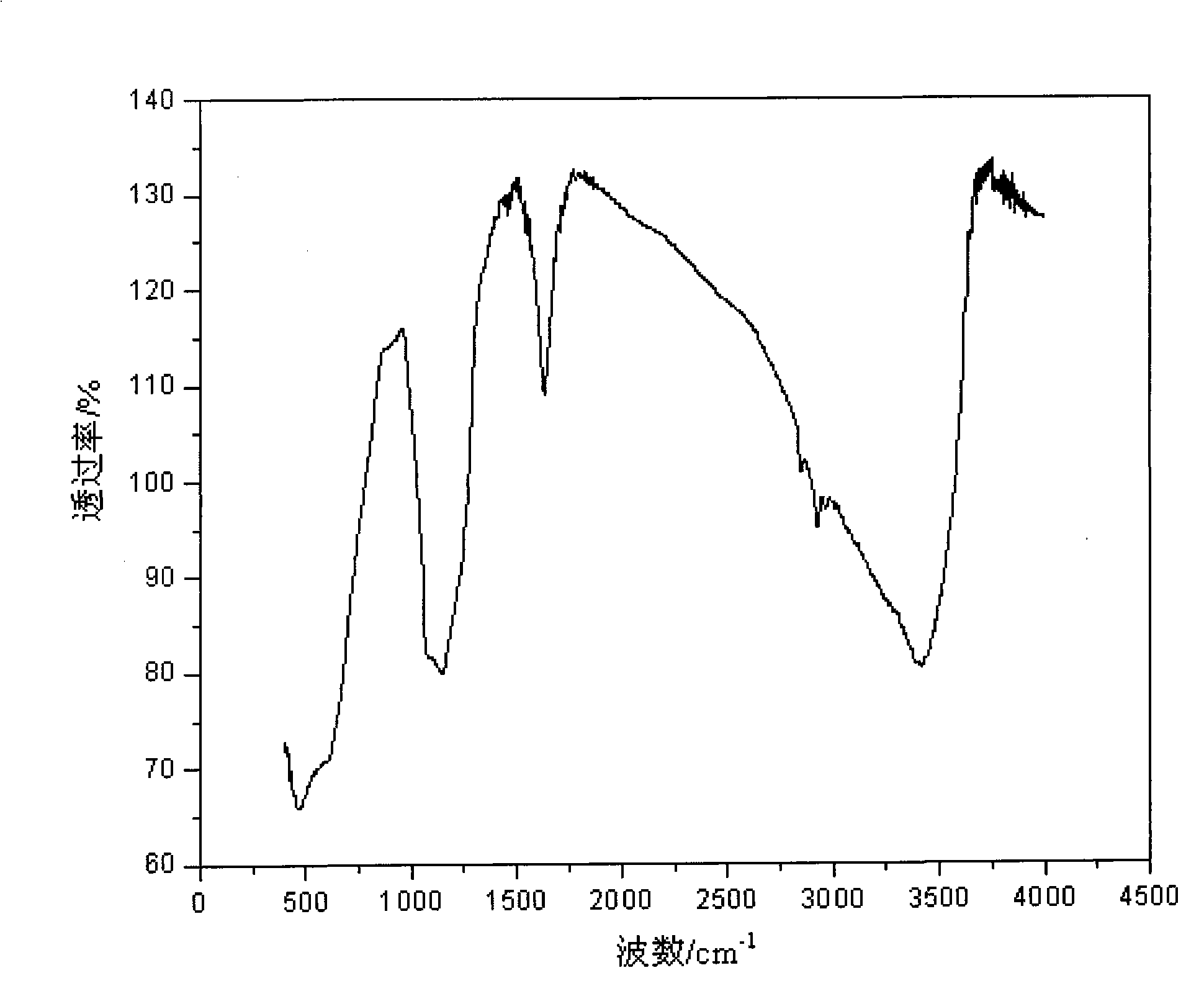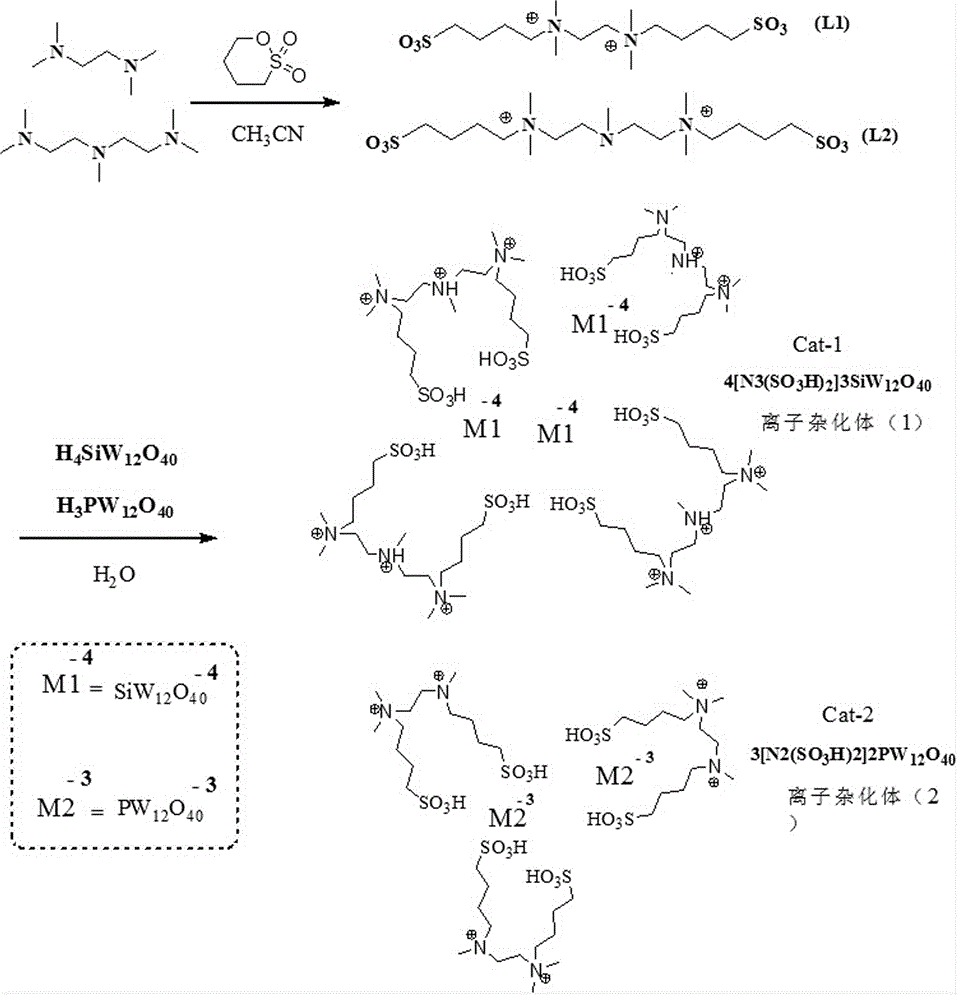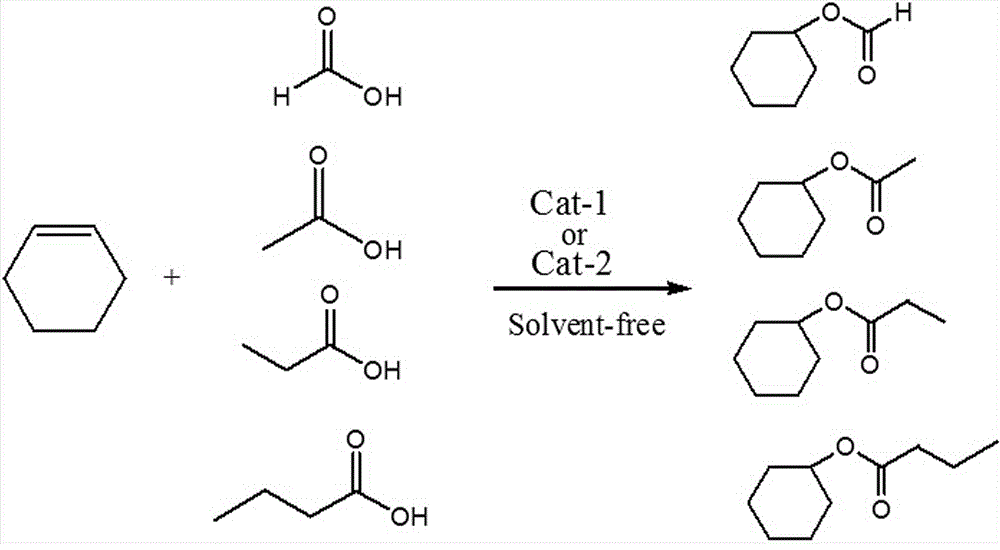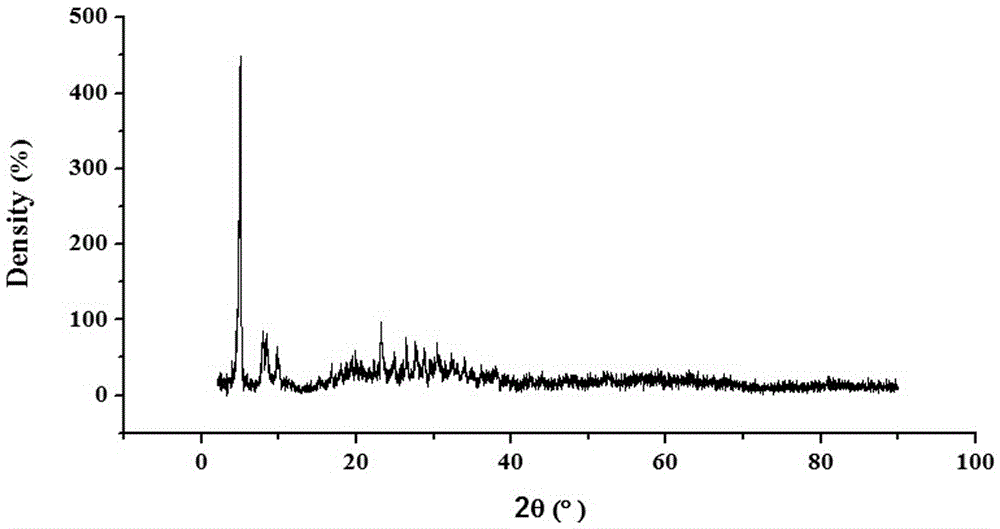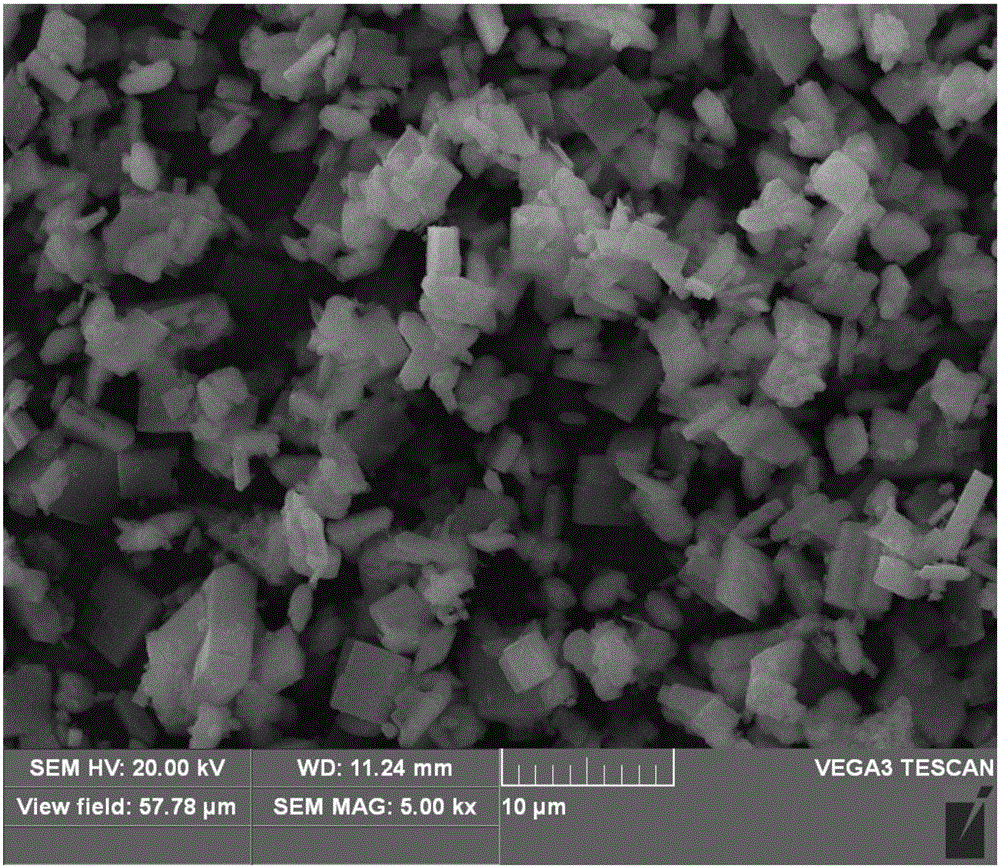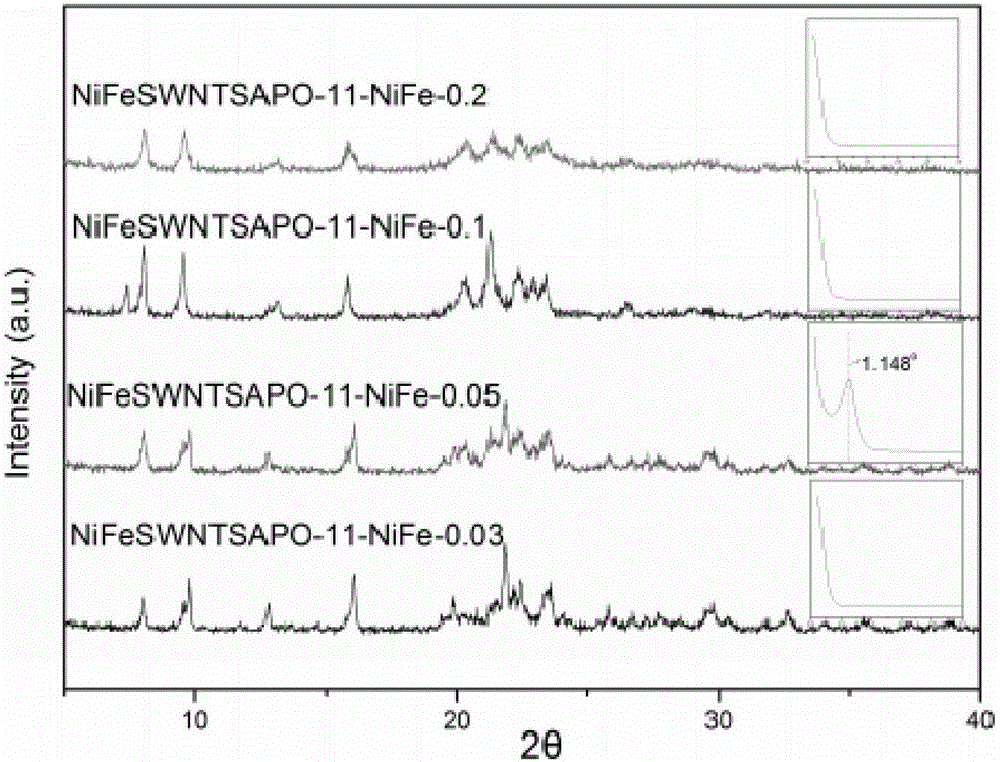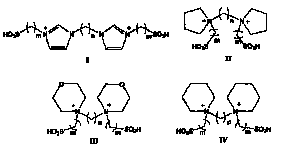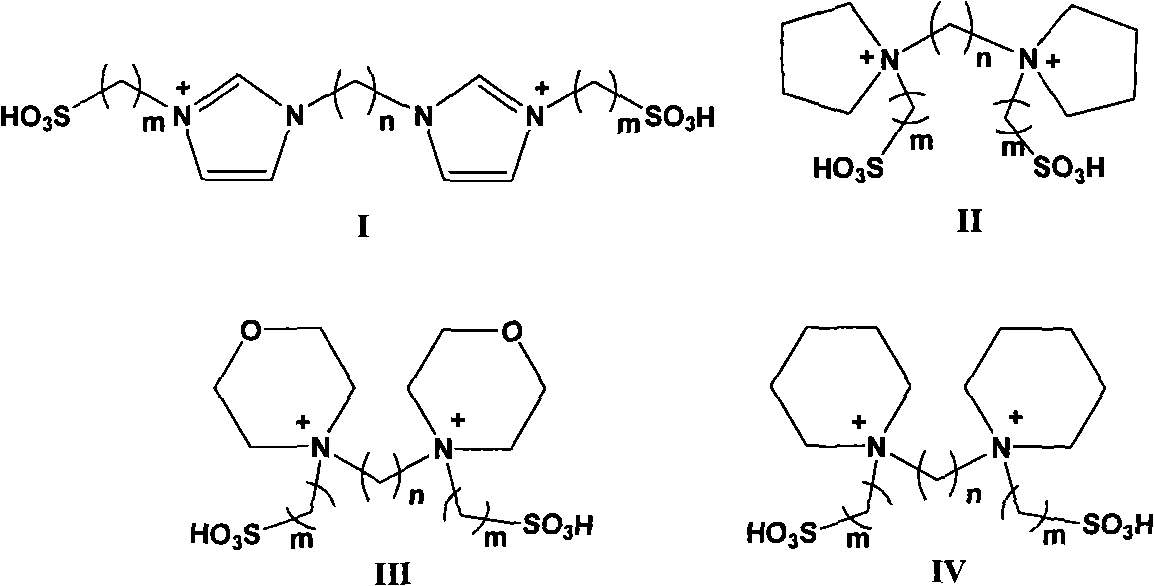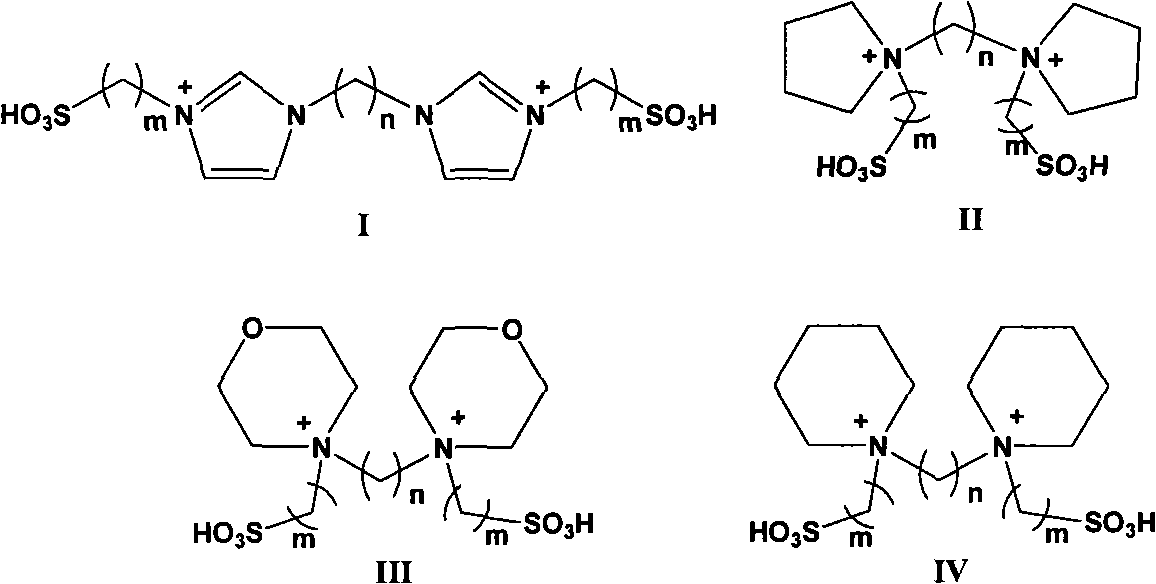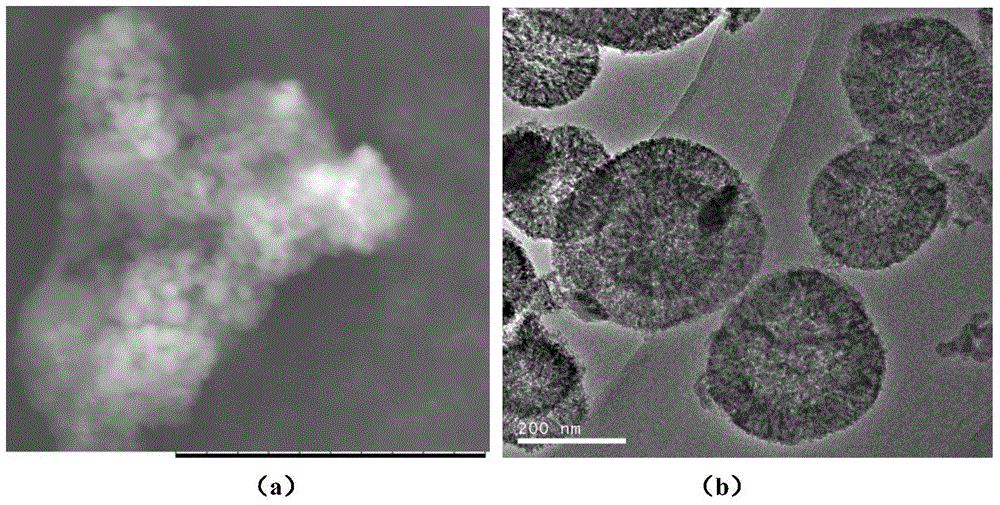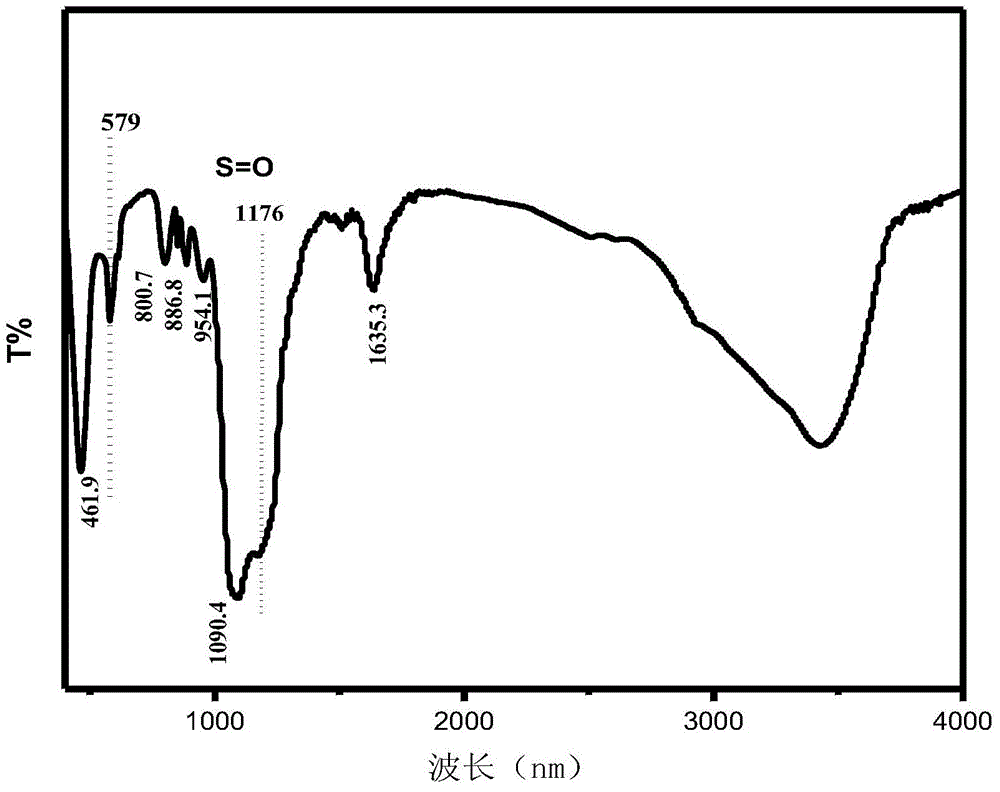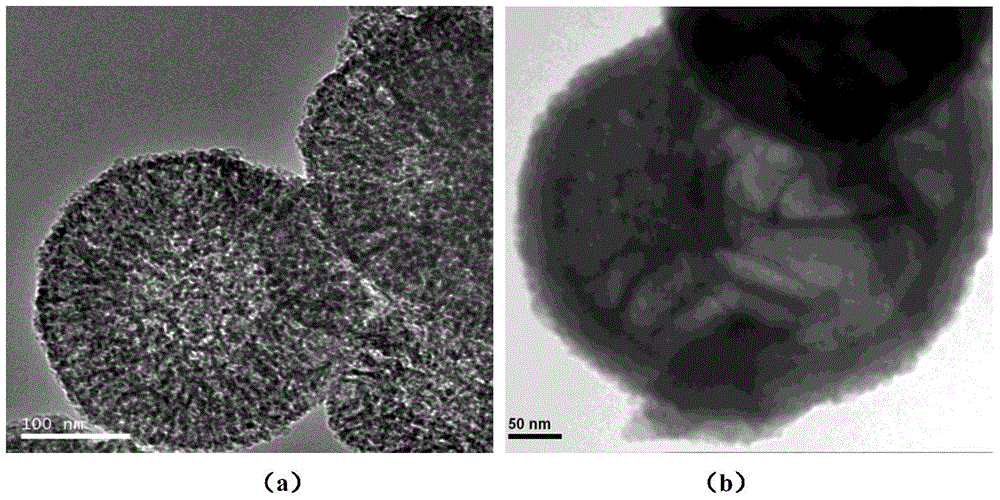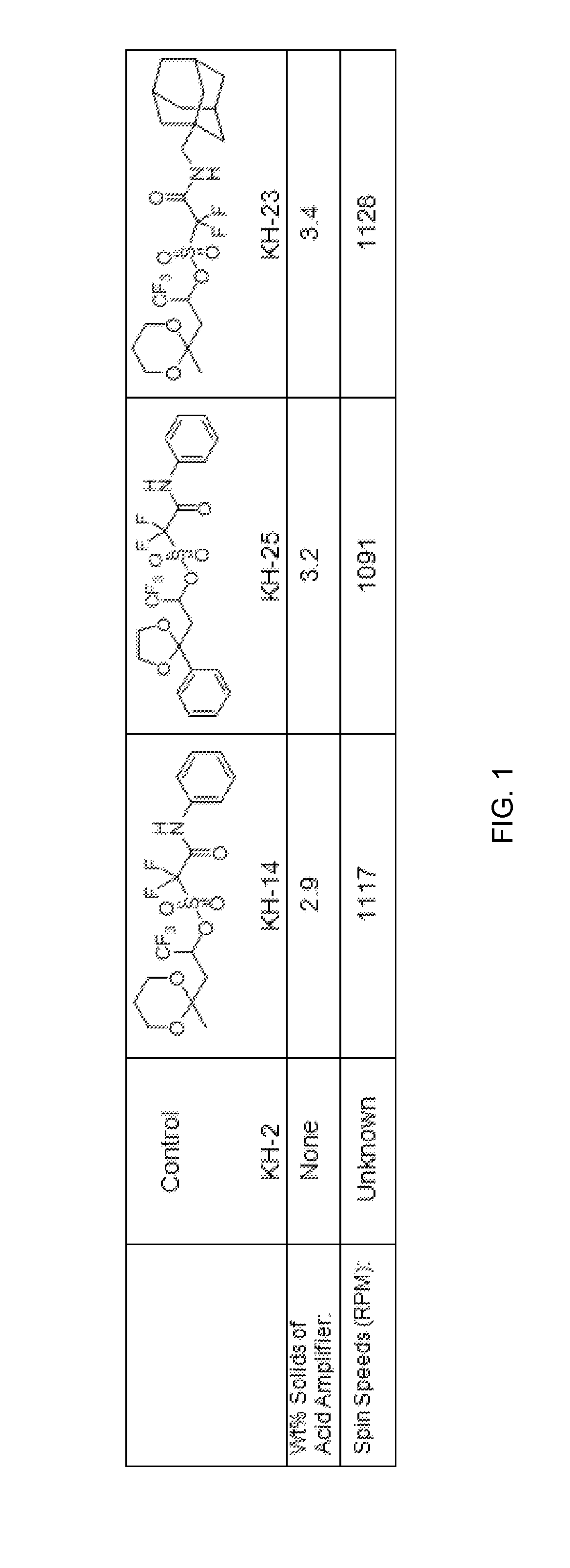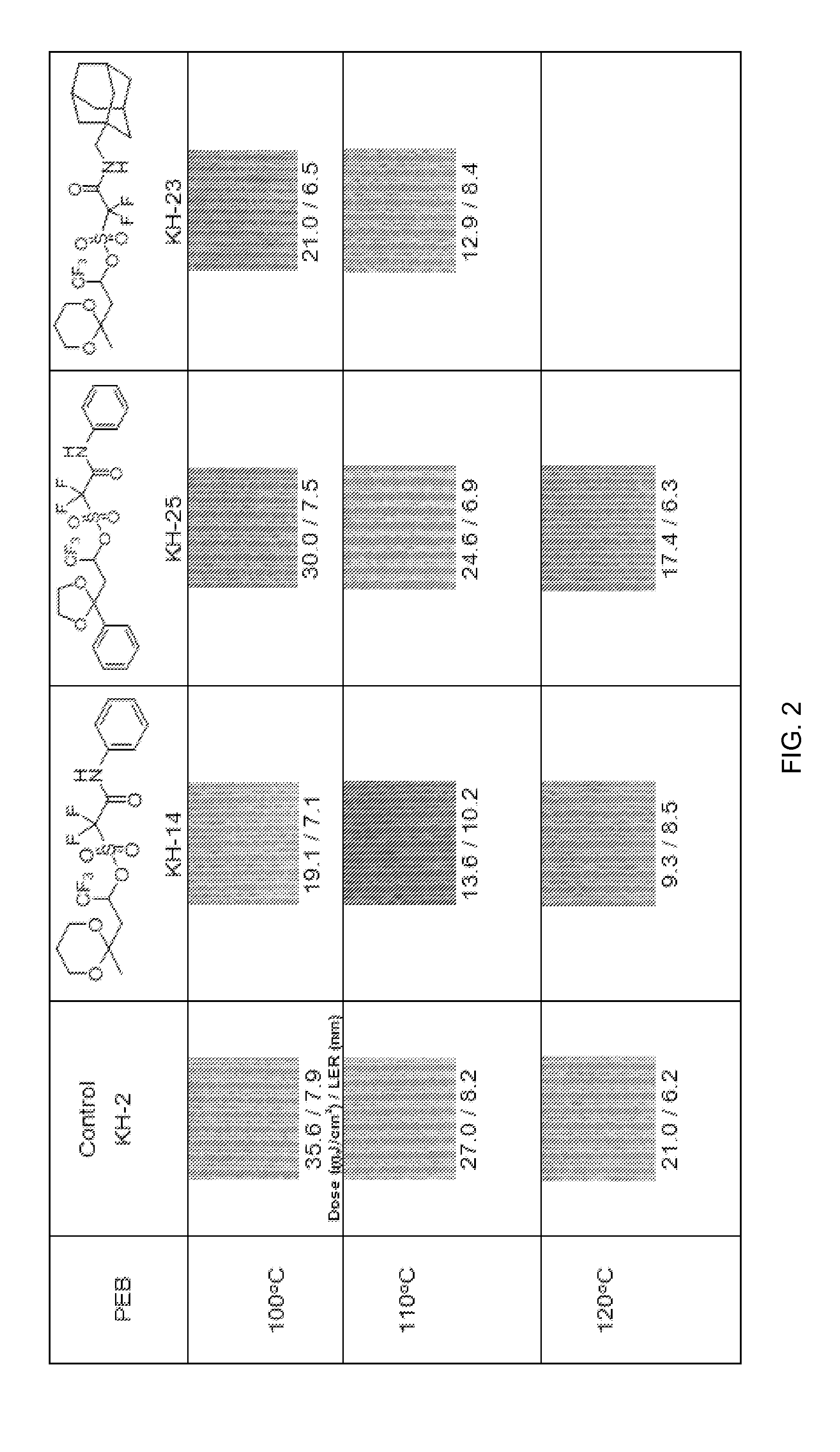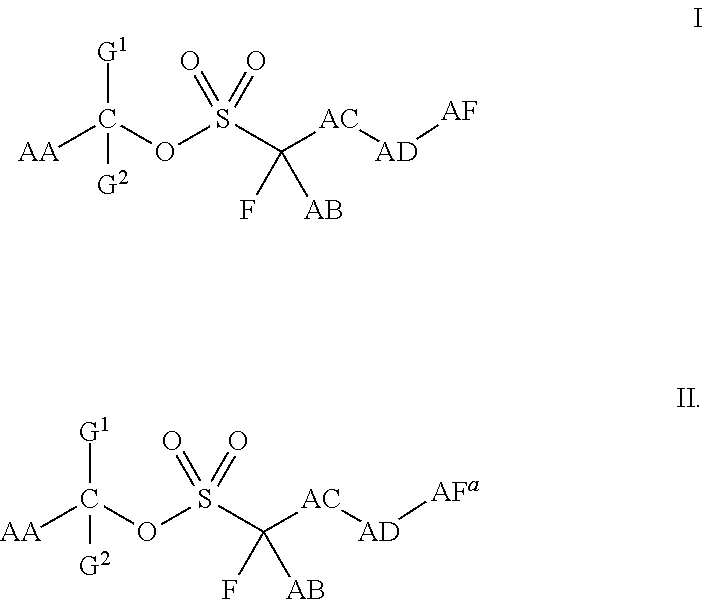Patents
Literature
154results about How to "High acid strength" patented technology
Efficacy Topic
Property
Owner
Technical Advancement
Application Domain
Technology Topic
Technology Field Word
Patent Country/Region
Patent Type
Patent Status
Application Year
Inventor
Hydro-conversion catalyst for heavy oil and residual oil and its preparing process
The present invention belongs to the field of heavy oil and residual oil hydrotransforming technology. The heavy oil and residual oil hydrotransforming catalyst has siliceous alumina carrier, relatively strong acidity and especially protonic acid amount higher than that in available residual oil hydrotransforming catalyst. The siliceous alumina carrier is prepared through one colloid forming process, during and after which silicon is added to make alumina possess more strong acid centers and ideal pore structure. The catalyst of the present invention is used in the hydrotransforming treatment of heavy oil, residual oil and other inferior oil material.
Owner:CHINA PETROLEUM & CHEM CORP +1
Thermal acid generator, resist undercoat material and patterning process
ActiveUS7514202B2Increase etch rateEtch rate reductionOrganic chemistryPhotosensitive materialsArylResist
A thermal acid generator of generating an acid on heating above 100° C. has formula: CF3CH(OCOR)CF2SO3−(R1)4N+ wherein R is alkyl or aryl, R1 is hydrogen, alkyl, alkenyl, oxoalkyl, aryl, aralkyl or aryloxoalkyl, or R1 may bond together to form a ring with N. The sulfonic acid generated possesses an ester site within molecule so that less bulky acyl groups to bulky groups may be incorporated therein. The thermal acid generator provides a sufficient acid strength, is less volatile due to a high molecular weight, and ensures film formation. Upon disposal of used resist liquid, it may be converted into low accumulative compounds.
Owner:SHIN ETSU CHEM IND CO LTD
Methods and articles having a high antiviral and antibacterial efficacy
InactiveUS20080145390A1Enhance persistent antiviral controlCut surfaceHalogenated hydrocarbon active ingredientsHeavy metal active ingredientsSurface phAntibacterial efficacy
Method and article for providing a rapid, broad spectrum bacterial control, and a rapid and persistent antiviral control on an inanimate surface is disclosed. In the method, a compound or composition capable of lowering surface pH to less than about 4 is applied to the surface, and preferably is allowed to remain on the surface, and the nonvolatile components of the composition can form a barrier film or layer on a treated surface.
Owner:DIAL CORPORATION
Thermal acid generator, resist undercoat material and patterning process
ActiveUS20070264596A1Increase etch rateEtch rate reductionOrganic chemistryPhotosensitive materialsResistAryl
A thermal acid generator of generating an acid on heating above 100° C. has formula: CF3CH(OCOR)CF2SO3−(R1)4N+ wherein R is alkyl or aryl, R1 is hydrogen, alkyl, alkenyl, oxoalkyl, aryl, aralkyl or aryloxoalkyl, or R1 may bond together to form a ring with N. The sulfonic acid generated possesses an ester site within molecule so that less bulky acyl groups to bulky groups may be incorporated therein. The thermal acid generator provides a sufficient acid strength, is less volatile due to a high molecular weight, and ensures film formation. Upon disposal of used resist liquid, it may be converted into low accumulative compounds.
Owner:SHIN ETSU CHEM IND CO LTD
Application method of heteropoly acid type catalyst
InactiveCN1390643AImprove catalytic performancePrevent dehydrationPhysical/chemical process catalystsHeteropoly acidSolid acid
A process for improving the acid intensity stability of solid acid catalyst containing heteropoly acid or its salt (0.5-100 wt.%) features that said heteropoly acid or its salt has central atom (P or Si) and coordinating atom chosen from W, Mo and V, and there is water in reaction atmosphere.
Owner:DALIAN INST OF CHEM PHYSICS CHINESE ACAD OF SCI
Preparation method of solid super-strong acid
InactiveCN101062481AGood dispersionIncrease acidityPhysical/chemical process catalystsOrganic compound preparationStrong acidsHydrolysis
The invention relates to the making of a solid super strong acid using dual hydrolysis compounded acidic oxide as the center. In this way, it can realize high degree diffusion, significantly improved acid, activeness and option with reduced cost.
Owner:ZHAOQING UNIV
Catalyst used for heavy arene lightenation and alkyl transfer and its preparation method
InactiveCN100998950AHigh acid strengthIncrease acidityMolecular sieve catalystsCatalyst activation/preparationMolecular sieveAlkyl transfer
A catalyst for lightening heavy arylhydrocarbon and transferring alkyl with high transform rate and low cost is prepared from the beta-zeolite and mordenite symbiotic molecular sieve (10-80 Wt%) and at least one inorganic adhesive chosen from gamma- Al2O3, alpha-AlO(OH), SiO3, silicon aluminum oxide, bentone, kaolinite, diatomite and montmorillonite through ammonium salt exchange to said symbiotic molecular sieve, calcining to become hydrogen-type symbiotic molecular sieve, mixing it with said adhesive, shaping, drying, and calcining.
Owner:CHINA PETROLEUM & CHEM CORP +1
Compositions Having a High Antiviral and Antibacterial Efficacy
InactiveUS20090104281A1Enhance persistent antiviral controlCut surfaceAntibacterial agentsBiocideChemical compoundBiochemistry
A method of providing a rapid, broad spectrum bacterial control, and a rapid persistent antiviral control on a surface, and particularly a mammalian skin surface, is disclosed. In the method, a compound or composition capable of lowering skin pH to less than about 4 is applied to the skin, and preferably is allowed to remain on the skin.
Owner:DIAL CORPORATION
Technology for catalytically treating VOCs by means of synergy between plasma and mesoporous
ActiveCN105797579APromote decompositionPromote oxidationGas treatmentDispersed particle separationFiltrationWater vapor
The invention discloses a technology for catalytically treating VOCs by means of synergy between plasma and mesoporous.The technology comprises the steps that water vapor is introduced into organic waste gas subjected to dust removal by filtration, the water vapor is mixed with the organic waste gas to be uniform to form mixed gas, the mixed gas is sent to a low-temperature plasma mesoporous catalytic reactor through a fan, by means of the plasma oxidation capacity produced in the discharge process of the low-temperature plasma mesoporous catalytic reactor and adsorption and catalytic oxidation of a meoporous catalyst, VOCs gas in the mixed gas is oxidized into harmless CO2 and H2O, and harmless treatment on VOCs in the organic waste gas is completed; the mesoporous catalyst in the low-temperature plasma mesoporous catalytic reactor can be subjected to organic modification with an amino group or a phenyl group or a sulfhydryl group, and transition metals are doped for modification so as to improve the organic waste gas harmless treatment effect.According to the technology for catalytically treating the VOCs by means of the synergy between the plasma and the mesoporous, the adsorption and catalytic oxidation of the mesoporous catalyst and reinforcement of the plasma are combined together to treat volatile organic waste gas, the energy consumption is low, equipment is simple, and the cost is low.
Owner:WUHAN UNIV
Catalytic cracking diesel oil hydro-upgrading catalyst and application thereof
InactiveCN103372457AReduce coking deactivation speedHigh acid strengthMolecular sieve catalystsHydrocarbon oils treatmentMolecular sieveAmorphous silicon
The invention relates to a catalytic cracking diesel oil hydro-upgrading catalyst and applications thereof. The catalyst is composed of VIII-group and VIB-group hydrogenation active metal components and a carrier containing a modified Y molecular sieve, amorphous silicon aluminum and alumina; the modified Y molecular sieve is prepared from a NaY molecular sieve by the steps of carrying out ammonium exchange twice, carrying out roasting one time and carrying out hydro-thermal treatment one time. The catalyst is used for carrying out hydro-upgrading on distillate or catalytic cracking diesel oil at a temperature of 160-380 DEG C. After inferior diesel distillate of which the sulfur content is higher than 1000 mu g / g, the nitrogen content is higher than 1000 mu g / g, the aromatics content is higher than 55v% is treated by using the catalyst, the desulfurization rate and the denitrification rate are both higher than 98%, the cetane number is increased by more than 10 units, and the yield of the diesel distillate is over 98wt%.
Owner:PETROCHINA CO LTD
Catalyst for producing olefin hydrocarbon by catalytic pyrolysis
ActiveCN101279287AHigh hydrothermal stabilityIncrease acidityCatalytic crackingMolecular sieve catalystsCatalytic pyrolysisRare-earth element
The present invention relates to a catalyst used for manufacturing olefin by catalytic pyrolysis which mainly solves the problems of high reaction temperature and low ethylene and propylene yield of the existing catalyst to manufacture ethylene and propylene by catalytic pyrolysis. The present invention better solves the problems by adopting the technical proposal of loading at least two elements selected from rare earth elements, the elements of the VA group, the IIIA group, the IB group or the IIB group in the periodic table of elements on the symbiosis molecular sieves of ZSM-5 / mordenite, ZSM-5 / Beta zeolites or ZSM-5 / Y zeolites to compose the catalyst. The present invention can be used for the industrial production of ethylene and propylene by naphtha catalytic pyrolysis.
Owner:CHINA PETROLEUM & CHEM CORP +1
Methods of controlled acidization in a wellbore
ActiveUS7431088B2Avoid lostImprove acidificationCleaning apparatusFluid removalPolyesterEthylene glycol diformate
An improved acidization method is provided in which an aqueous solution comprising one or more esters or polyesters of lactic acid or of glycerol is placed in a well where the esters or polyesters undergo hydrolysis. The hydrolysis of the esters or polyesters occurs at a slower reaction rate than that of several other known acidization esters, such as diethyleneglycol diformate, at temperatures higher than 60° C. or even higher than 100° C. Thus, the solution may be distributed substantially throughout a region in the well where acidization is required before hydrolysis is completed, despite being exposed to relatively high temperatures.
Owner:HALLIBURTON ENERGY SERVICES INC
Method for preparing ethylene propylene by catalytic pyrolysis of light oil
ActiveCN101279880AIncrease acidityHigh acid strengthMolecular sieve catalystsBulk chemical productionCatalytic pyrolysisMordenite
The invention relates to a method for preparing ethylene propylene by light oil through catalytic cracking, which mainly solves the problems of low catalyst activity, low ethylene propylene yield and high reaction temperature of the current ethylene propylene preparing technique by catalytic cracking. The invention properly solves the problems by adopting the technical proposals that: a ZSM-5 / mordenite / analcime intergrown molecular sieve, a ZSM-5 / mordenite / zeolite beta intergrown molecular sieve, a ZSM-5 / mordenite / zeolite Y intergrown molecular sieve, a ZSM-5 / mordenite / MCM-22intergrown molecular sieve or a mixture thereof serves as a catalyst, the light oil with the compositions of C4 to C10 hydrocarbon is adopted as a raw material, and the material is in contact reaction with a catalyst under the conditions of a reaction temperature of between 600 and 700 DEG C, a reaction pressure of between 0.001 and 0.5MPa, a reaction weight space velocity of between 0.1 and 4 / h, and water / light oil being present in a weight ratio of 0.5-6: 1, and the method of preparation can be used for the industrial production of preparing the ethylene propylene by the light oil through catalytic cracking.
Owner:CHINA PETROLEUM & CHEM CORP +1
Novel Sulfonic Acid Salt and Derivative thereof, Photo-Acid Generator, and Process for Production of Sulfonic Acid Salt
ActiveUS20110112306A1High acid strengthAdjust pointOrganic compound preparationPhotomechanical apparatusArylOrganic group
A fluorine-containing sulfonic acid salt or a compound having a fluorine-containing sulfonic acid group, either of which having a structure represented by the following general formula (1), is provided. Such a salt or compound can act as a suitable photo-acid generator, and can form a resist pattern having excellent sensitivity, resolution and mask-dependence.[In general formula (1), R represents a substituted or unsubstituted linear or branched monovalent hydrocarbon group having 1 to 30 carbon atoms, a substituted or unsubstituted monovalent hydrocarbon group having 3 to 30 carbon atoms and a cyclic or a partially cyclic structure, a substituted or unsubstituted aryl group having 6 to 30 carbon atoms, or a substituted or unsubstituted monovalent heterocyclic organic group having 4 to 30 carbon atoms.]
Owner:CENT GLASS CO LTD
Method for hydro-dearomatization for catalyzing diesel
ActiveCN101328430AIncreased diffusion rateImprove activity stabilityRefining by aromatic hydrocarbon hydrogenationMolecular sieveDistillation
The invention relates to a method for catalyzing diesel oil to realize hydrogenation dearomatization. The method comprises the following steps that: distillation range of catalyzing diesel oil feeding is at a temperature of between 150 and 380 DEG C; in the presence of hydrogen, a reaction is carried out, the reaction temperature is between 330 and 370 DEG C, the hydrogen partial pressure is between 6 and 9 MPa, the hydrogen-oil volume ratio is between 500:1 and 1,000:1 and the liquid hourly volume space velocity is between 1.0 and 2.0 hr-1; the compositions in percentage by weight of a catalyst are: 15 to 40 percent of amorphous silica alumina, 5 to 30 percent of aluminum oxide, 10 to 40 percent of VIB group metal oxide, 1 to 15 percent of VIII group metal oxide and 5 to 30 percent of Beta / Y molecular sieve; moreover, the total weight of the compositions is counted as 100 percent. The method has the advantages that: diesel oil yield is more than 97 weight percent, and the dearomatization rate of diesel oil reaches to above 60 percent; meanwhile, total desulfurization rate and total denitrification rate reach above 98.5 percent, and product density is reduced by above 0.0400g / cm3.
Owner:PETROCHINA CO LTD
Method for preparing ethylene by catalytic dehydration of ethanol
InactiveCN101993326ALow yieldIncrease acidityOrganic-compounds/hydrides/coordination-complexes catalystsHydrocarbon from oxygen organic compoundsHeteropoly acidReaction temperature
The invention relates to a method for preparing ethylene by catalytic dehydration of ethanol and mainly solves the problems in the prior art that a dehydration catalyst of the ethanol has higher cost and the yield of the ethylene is low. For better solving problem, the invention adopts the technical scheme that the ethylene is generated by contacting a reaction raw material of 5-100 weight percent ethanol water solution with a catalyst under the condition that the reaction temperature is 250-500DEG C and the liquid hourly space velocity is 0.1-25 hour<-1> relative to the ethanol, wherein the used catalyst comprises the following components in parts by weight: 0.5-30 parts of heteropoly acid and 70-99.5 parts of alumina; and the heteropoly acid is at least one selected from H3PMo12O40.nH2O, H4SiW12O40.nH2O or H3PW12O40.nH2O. The invention can be applied to the industrial production for preparing the ethylene by catalytic dehydration of ethanol.
Owner:CHINA PETROLEUM & CHEM CORP +1
Method for hydro-dearomatization in catalytic cracking of diesel
InactiveCN102533315AReduce coking deactivation speedHigh acid strengthMolecular sieve catalystsRefining by aromatic hydrocarbon hydrogenationMolecular sieveCrystallinity
The invention relates to a method for hydro-dearomatization in catalytic cracking of diesel. According to the invention, Ni and W are adopted as hydrogenation active metal components of a catalyst and modified Y molecular sieve, modified Beta molecular sieve, amorphous silica-alumina and alumina are adopted as carriers of the catalyst, wherein the average crystal size of the modified Y molecular sieve is 100-400nm, the mole ratio of SiO2 / Al2O3 is 5-40:1; the relative crystallinity is greater than 90% and the specific surface area is 700-1000m<2> / g; the average crystal size of the modified Beta molecular sieve is 50-200nm, the mole ratio of SiO2 / Al2O3 is 50-200:1; the relative crystallinity is greater than 85% and the specific surface area is 700-900m<2> / g. When the method is adopted to process inferior diesel fraction, the desulfurization rate and the denitrification rate are up to more than 97.5%, the dearomatization rate is up to more than 55% and the diesel fraction yield is up to more than 98wt%.
Owner:PETROCHINA CO LTD
Method for preparing ethene and propene by naphtha catalysis cracking
ActiveCN101191069AIncrease acidityHigh acid strengthOrganic chemistryCatalytic crackingNaphthaReaction temperature
The invention relates to a method for catalytic cracking of naphtha to produce ethylene and propylene which mainly solves the problems that the activity of the catalyst is low, the yield of ethylene and propylene is low and the reaction temperature is high in the prior catalytic cracking to produce ethylene and propylene technology. The invention better solves the problems by adopting the technical proposal that: the raw material is made a contact reaction with the catalyst under the conditions that the intergrowth molecular sieve of ZSM-5 and beta zeolite, the intergrowth molecular sieve of ZSM-5 and Y zeolite or the mixture of the two are taken as the catalyst, the naphtha formed by C4-C10 hydrocarbon is taken as the raw material, the reaction temperature is between 600 and 700 DEG, the reaction pressure is between 0.001MPa and 0.5MPa, the space velocity of the reaction weight is between 0.1 and 4 h <-1>, the weight ratio of water / naphtha is 1-4:1. The invention can be used in the industrial production of catalytic cracking of naphtha for producing ethylene and propylene.
Owner:CHINA PETROLEUM & CHEM CORP +1
Method used for heavy arene light formation and alkyl transfer
ActiveCN100999433AHigh acid strengthIncrease acidityMolecular sieve catalystsBulk chemical productionSodium BentoniteFixed bed
This invention relates to a method of lighting heavy aromatic hydrocarbon and alkyl transfer. Mainly to solve existing technologies problems, such as low conversion rate and needing precious metal when use solo pure zeolite molecular sieve catalyst, and raw materials and components demanding. This invention takes carbon 9 and above aromatic hydrocarbon as raw material, in the fixed-bed reactor, use symbiotic molecular sieve that contains 10 ~ 80% (weight) of beta zeolite and Mordenite, and 20 ~ 90% (weight) inorganic binder composition of the catalyst that at least one selected from the gamma-Al2O3, thin diaspore, silica, silicon oxide, alumina oxide, bentonite, kaolin, diatomite or montmorillonite. Take reaction under the conditions of the reaction temperature 300 to 500 deg, pressure of 1.0 to 3.5MPa, raw materials weight space velocity of 1.5 ~ 6 .0 per hour, hydrogen and hydrocarbon molar ratio of 2.0 to 6.0 to obtain product containing benzene, toluene and xylene.
Owner:CHINA PETROLEUM & CHEM CORP +1
Acid tolerant polymeric membrane and process for the recovery of acid using polymeric membranes
InactiveUS20050173345A1Speed up the processReduced strengthMembranesDialysisPolyvinyl alcoholHydrocotyle bowlesioides
A crosslinked polymeric polyvinyl sulfate membrane or crosslinked copolymer polyvinyl sulfate and polyvinyl alcohol membrane, suitable for use in an acid environment, and its use for recovering acid from a feed mixture comprising acid, hydrocarbons and water, the method comprising: processing said mixture using a first polymeric membrane to form a first retentate containing a substantially greater concentration of hydrocarbons than said feed mixture and a first permeate containing a substantially greater concentration of acid and water than said mixture, said first polymeric membrane being selectively permeable to the acid and water over the hydrocarbons found in the mixture, and recovering the first permeate; said first permeate can be processed further using a second water reduction mean to form a first stream containing a substantially greater concentration of acid than said first permeate and a second stream containing a substantially greater concentration of water than said first permeate, said water reduction step may be a second polymeric membrane being selectively permeable to the water over the acid in said first permeate; and recovering said second stream or retentate.
Owner:MINHAS BHUPENDER S +2
Process for reducing the naphthenic acidity of petroleum oils or their fractions
InactiveUS20060201855A1Reduce acid contentReducing naphthenic acidityLiquid separation by electricityRefining by electric/magnetic meansWater in oilChemistry
A process for reducing the naphthenic acidity of petroleum oils or their fractions is described, said process comprising providing a hydrocarbon feed 103 / 203 / 303 having between 0.1 and 99 wt % of emulsified / dispersed water in oil, said feed containing salts and a content of naphthenic acids measured as TAN between 0.1 and 10 mg KOH / g oil; directing the said petroleum oil feed and emulsified / dispersed water towards an energy emitter device in the microwave range and submitting said feed 103 / 203 / 303 in liquid phase, under pressure between 0.7 and 4.5 MPa at temperatures between 50° C. and 350° C. to the microwave radiation, applied in the range of 1 mm to 30 cm to said feed so that the presence of salts, the applied temperature and the high dielectric constant of the water droplets make that the heat is absorbed on the spot by the water and heat said water preferentially to the oil, while the naphthenic compounds at the interface between the droplets and the oil catch said heat; effecting the decomposition of the carboxylic acids responsible for the naphthenic acidity in the petroleum feed at temperatures around 320° C. and generating CO2; separating with the aid of any known device 106 / 106′ / 112 / 117 / 208 / 208′ / 214 / 219 / 310 / 310′ / 316 / 321 any gas phase generated, water and oil; and recovering the hydrocarbon oil stream 108 / 113 / 119 / 210 / 215 / 221 / 312 / 317 / 323 having a reduced content in naphthenic acids. The process is designed to be applied to the reduction of naphthenic acids in feeds of petroleum oils and their fractions in the oil production step, in refineries or any industrial installation.
Owner:PETROLEO BRASILEIRO SA (PETROBRAS)
Stabilized acid amplifiers
InactiveUS20140193752A1Facilitates trigger activationType of goodOrganic chemistryOrganic compound preparationPhotolithographyAmplifier
There are disclosed sulfonic acid precursor compositions, as are methods of using these compositions in, for example, photolithography. Other embodiments are also disclosed.
Owner:THE RES FOUND OF STATE UNIV OF NEW YORK
Preparation method for high-efficiency Ce1-xMnxO2-delta solid solution low-temperature denitration catalyst and application thereof
InactiveCN105214652AExcellent low temperature denitrification performanceImprove low temperature denitrification performanceDispersed particle separationMetal/metal-oxides/metal-hydroxide catalystsHigh pressureSolid solution
The invention provides a preparation method for a high-efficiency Ce1-xMnxO2-delta solid solution low-temperature denitration catalyst and an application thereof. The preparation method comprises the following steps: uniformly dissolving a certain amount of Mn(NO3)2 and Ce(NO3)3; slowly adding the mixture into a superfluous NaOH solution and completely depositing; transferring into a hydrothermal reaction kettle and performing high-temperature high-pressure reaction; and lastly, performing centrifuging and solid-liquid separation, and cleaning, drying and roasting the acquired solid phase matter, thereby acquiring the Ce1-xMnxO2-delta solid solution catalyst. The preparation method provided by the invention has the advantages that the prepared catalyst is excellent in denitration property and has high activity, high selectivity, wide operating temperature window and excellent water resistance; the required raw materials are rich in resources, cheap and easily acquired; the preparation process is simple and convenient; the energy consumption is low, the pollution is small and the environment is protected; and the catalyst is fit for mass production and has a wide industrial application prospect.
Owner:CHONGQING INST OF GREEN & INTELLIGENT TECH CHINESE ACADEMY OF SCI
Sulfonium salt, resist composition, and patterning process
ActiveUS20140199629A1Improve diffusion abilityIncrease freedomOrganic chemistryPhotosensitive materialsResistHydrogen atom
The present invention provides a sulfonium salt used in a resist composition that can give a pattern having a high resolution, especially an excellent rectangularity of a pattern form and a small roughness, while not readily generating a defect, in the photolithography using a high energy beam as a light source; a resist composition that contains the sulfonium salt; and a patterning process using this resist composition, wherein the sulfonium salt is shown by the following general formula (1a),wherein each of R and R0 independently represents a hydrogen atom, or a linear, branched, or cyclic monovalent hydrocarbon group having 1 to 30 carbon atoms which may be optionally substituted by a heteroatom or interposed by a heteroatom.
Owner:SHIN ETSU CHEM IND CO LTD
Composite solid super acidic catalyst and preparation method thereof
InactiveCN101318139AHigh catalytic efficiencyDoes not cause crystallizationPhysical/chemical process catalystsAluminum fluorideGram
The invention discloses a rear-earth-containing compound solid super acidic catalyst and a preparation method thereof. The catalyst consists of a ZrO2 carrier containing a sulfate ion, a TiO2 carrier, a nickel oxide and a halide of aluminum, wherein, the content of the sulfate ion is 10 to 20 wt percent, the content of the carrier of ZrO2 is 30 to 50 wt percent, the content of the carrier of TiO2 is 30 to 50 wt percent, the content of the halide of aluminum is 1 to 5 wt percent, the water content in the catalyst is less than 0.1 wt percent, the content of the nickel oxide is 1 to 5 wt percent and the specific surface of the catalyst is 100 to 300 square meters per gram. The halide of aluminum is aluminum fluoride or aluminum chloride or mixture of aluminum fluoride and aluminum chloride. The catalyst made by the invention has low water content, high specific surface, high content of SO4<2->, high acid strength and high catalytic efficiency.
Owner:SHANGHAI INST OF TECH
Polysulfo-functionalized heteropolyacid ionic hybrid with multiple heteropolyacid negative ions as well as preparation method and application thereof
ActiveCN106748908AHigh acid strengthHigh total acid contentOrganic compound preparationOrganic-compounds/hydrides/coordination-complexes catalystsCyclohexeneCarboxylic acid
The invention discloses a polysulfo-functionalized heteropolyacid ionic hybrid with multiple heteropolyacid negative ions as well as a preparation method and an application thereof. Two ionic hybrids with novel structures are built by taking aliphatic polyamine, 1,4-butanesultone, phosphotungstic acid and silicotungstic acid as starting materials and carrying out two steps of atomic economic reaction through quaternization and acidification. Positive ions of the ionic hybrid comprise four or three bissulfo-functionalized long-chain quaternary ammonium positive ions; negative ions matched with the positive ions comprise three Keggin configuration silicotungstic acid negative ions or two Keggin configuration phosphotungstic acid negative ions; the prepared ionic hybrid can be used for preparing cyclohexyl carboxylate. The ionic hybrid has high acid strength and high acid content; the ionic hybrid also shows high amphipathy, so the reaction between substrate cyclohexene and organic carboxylic acid is facilitated; the ionic hybrid has the characteristics of atom economy, mild reaction condition, no backflow water diversion, high separation probability of products and high purity.
Owner:MINJIANG UNIV
Preparation method of hydrodeoxidation isocatalyst, hydrodeoxidation isocatalyst and application thereof
ActiveCN105921168AImprove playbackLarge specific surface areaFatty acid hydrogenationFatty acid isomerisationVegetable oilKerosene
The invention belongs to the technical field of preparation of aviation kerosene, and particularly relates to a preparation method of a hydrodeoxidation isocatalyst, a hydrodeoxidation isocatalyst and application thereof. Carbon nanotubes are modified by nickel phthalocyanine so as to introduce Ni and N elements into the carbon nanotubes, iron phthalocyanine is added to cooperate with the nickel phthalocyanine, and the modified carbon nanotubes are added into a SAPO-11 synthetic gel in the form of a gel component, so that the synthesized SAPO-11 has more abundant pores and higher acid strength; and by introducing the Ni, Fe and N, the synthesized molecular sieve has the hydrodeoxidation activity, so that the synthesized NiFeCNTSAPO-11 can be directly used as a biological aviation kerosene catalyst for hydrogenating vegetable oil, thereby omitting the step of impregnating active components into the support and simplifying the preparation procedure. Besides, the hydrodeoxidation isocatalyst has high catalytic efficiency and high biological aviation kerosene yield (up to 78-85%).
Owner:NANKAI UNIV +2
Gemini dication based acid ionic liquid and preparation method thereof
The invention discloses Gemini dication based acid ionic liquid and a preparation method thereof. The structure of a cation part of the ionic liquid is represented by a formula I, a formula II, a formula III or a formula IV, wherein in the formula I, the formula II, the formula III or the formula IV, m represents 3 or 4, and n represents an integral number of 1-15; and the structure of an anion part is selected from one of CH3(C6H4)SO<3->, C6H4COO<->, CF3SO<3->, CH3SO<3->, CH3COO<->, CF3COO<->, HSO<4->, BF<4->, PF<6->, H2PO<4->, NO<3-> and Cl<->. The preparation method comprises the following steps of: making Gemini bi-heterocyclic alkane react with alkyl sulfoacid inner ester to generate a sulfoacid inner salt; and then making the sulfoacid inner salt react with acid to obtain the ionic liquid. The ionic liquid can be used as a substitute of a traditional liquid acid catalyst and has industrial application prospect.
Owner:LANZHOU INST OF CHEM PHYSICS CHINESE ACAD OF SCI
Sulfonic functionalized mesoporous silicon dioxide microsphere loaded metal oxide catalyst and preparation method and application of catalyst
ActiveCN104646033AImprove surface hydrophilicityHigh acid strengthPhysical/chemical process catalystsWater contaminantsMicrosphereMesoporous silica
The invention discloses a sulfonic functionalized mesoporous silicon dioxide microsphere loaded metal oxide catalyst and a preparation method and application of the catalyst. According to the invention, sulfonic mesoporous silicon dioxide nano-microspheres are prepared by using a sulfonic grafting method; then, by taking sulfonic acid functionalized mesoporous silicon dioxide microspheres which are provided with uniform channels, and are large in specific surface area and good in thermal stability as carriers, transition metal ions are connected to functional groups of the channels under the action of covalent bonds; and under the hydrothermal-roasting condition, the transition metal ions adsorbed in the channels grow into nano metal oxides through in-situ growth. The preparation method disclosed by the invention is simple and practical; the prepared catalyst has a good catalytic activity in the catalytic activation of a hydrogen peroxide oxidation reaction, and the consumption of the catalyst is low, the reaction conditions are mild, and the catalyst can be repeatedly used for multiple times, and therefore, the catalyst has good industrial application potential.
Owner:ZHEJIANG UNIV OF TECH
Stabilized acid amplifiers
InactiveUS20140093823A1Increase in the product stoichiometryPromote activationOrganic chemistryOrganic compound preparationCombinatorial chemistryPhotolithography
There are disclosed sulfonic acid precursor compositions, as are methods of using these compositions in, for example, photolithography. The compositions are of formula I or formula II:
Owner:THE RES FOUND OF STATE UNIV OF NEW YORK +1
Features
- R&D
- Intellectual Property
- Life Sciences
- Materials
- Tech Scout
Why Patsnap Eureka
- Unparalleled Data Quality
- Higher Quality Content
- 60% Fewer Hallucinations
Social media
Patsnap Eureka Blog
Learn More Browse by: Latest US Patents, China's latest patents, Technical Efficacy Thesaurus, Application Domain, Technology Topic, Popular Technical Reports.
© 2025 PatSnap. All rights reserved.Legal|Privacy policy|Modern Slavery Act Transparency Statement|Sitemap|About US| Contact US: help@patsnap.com
